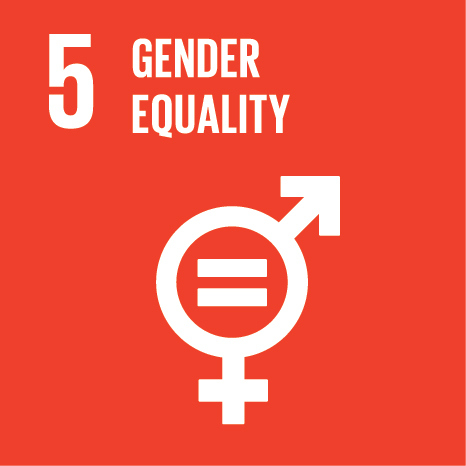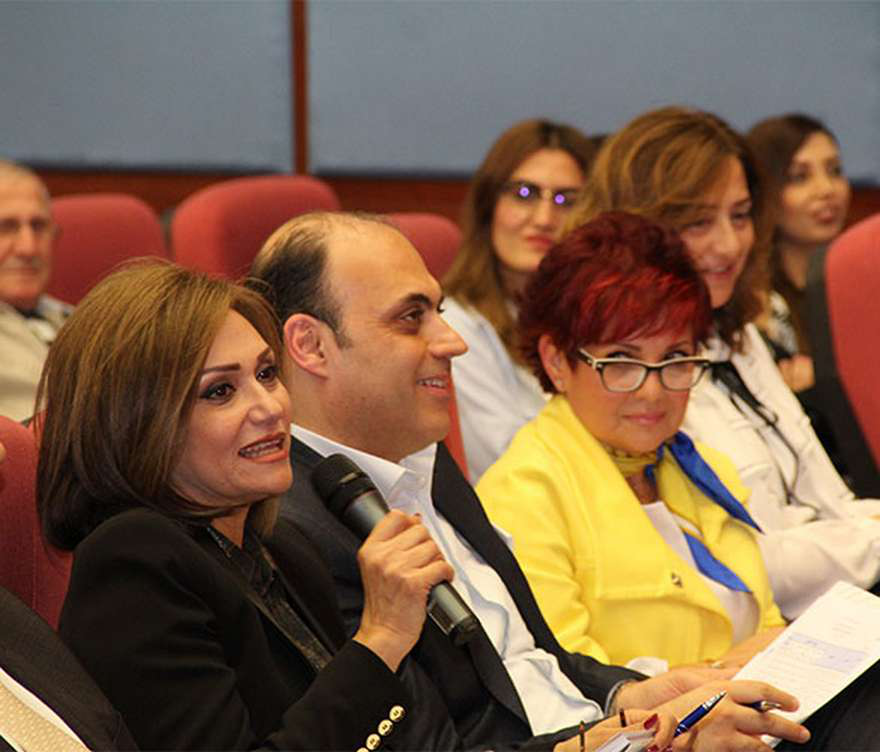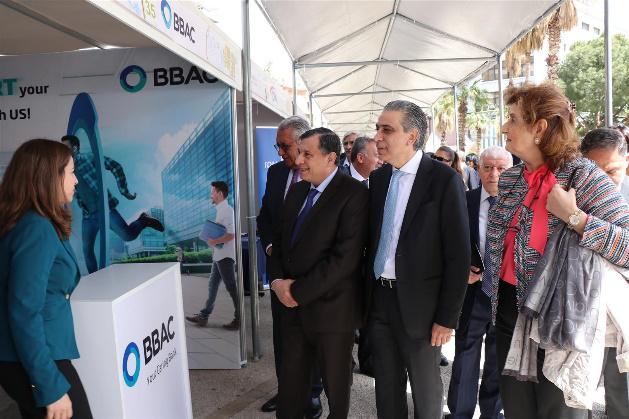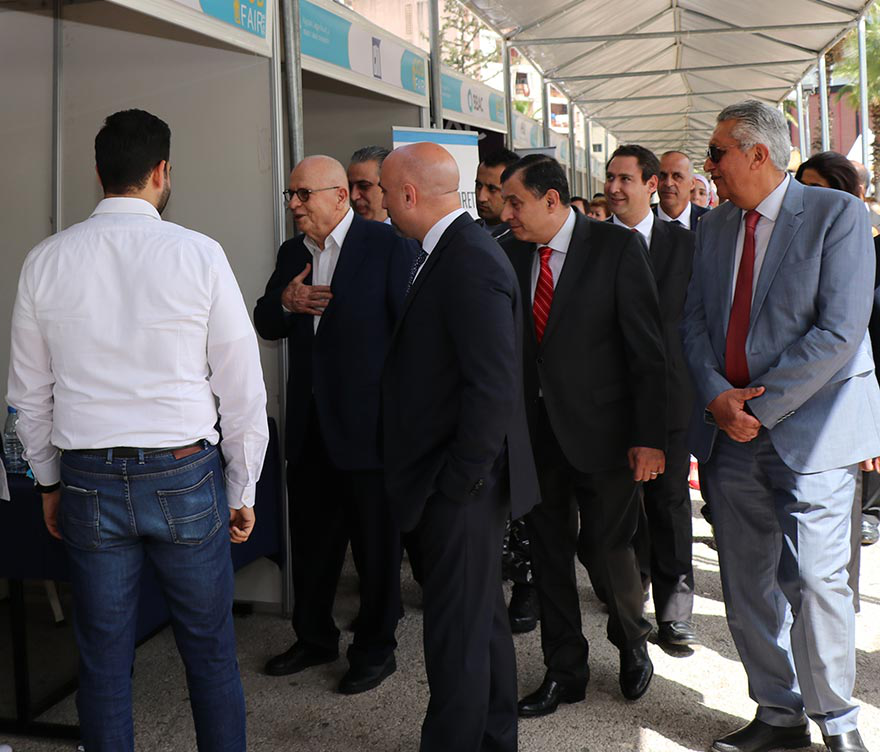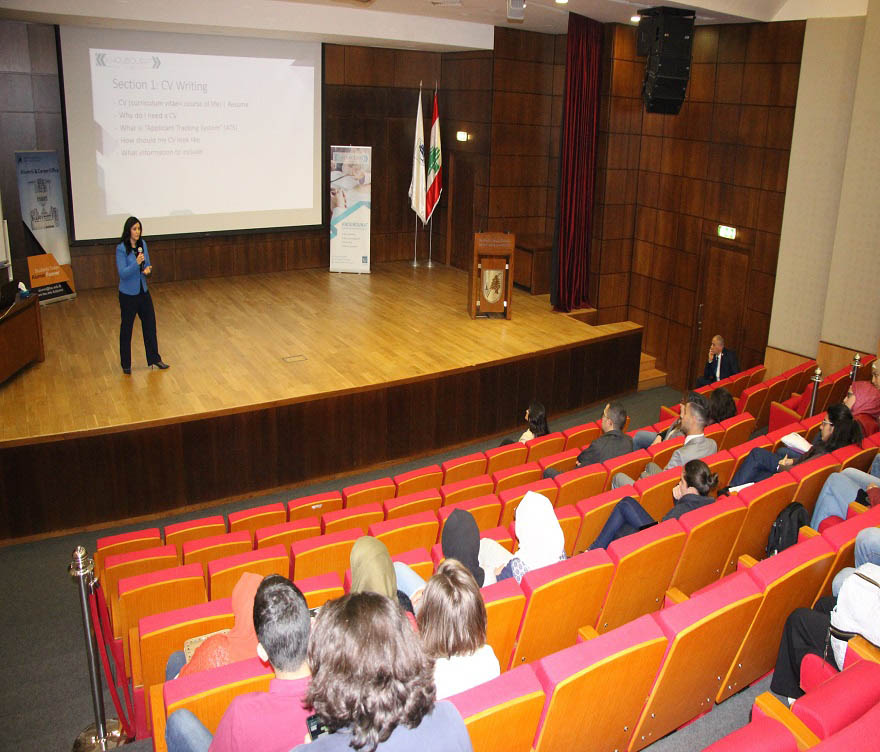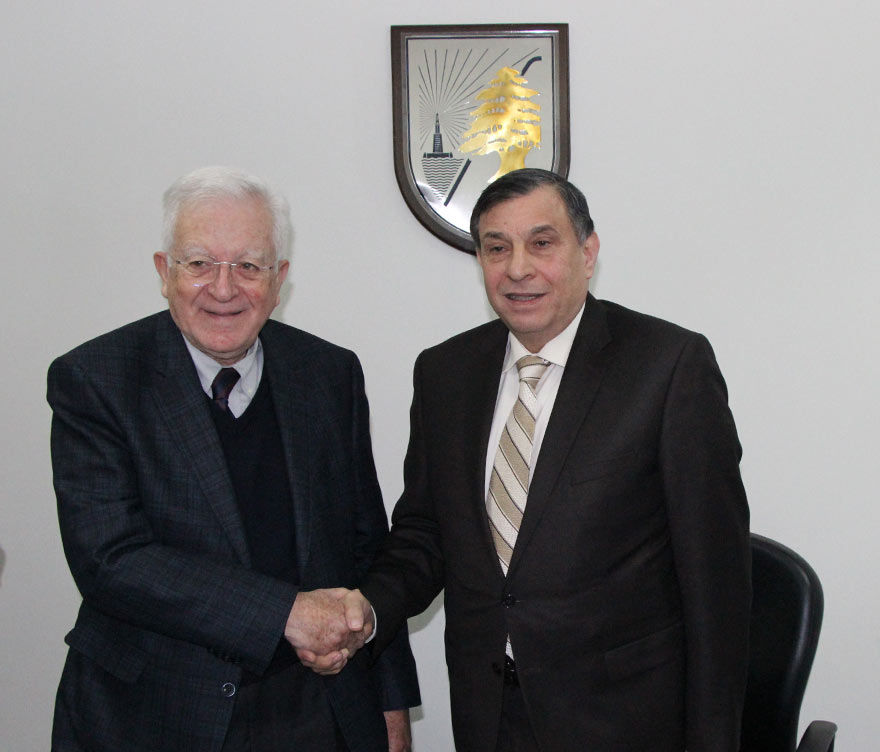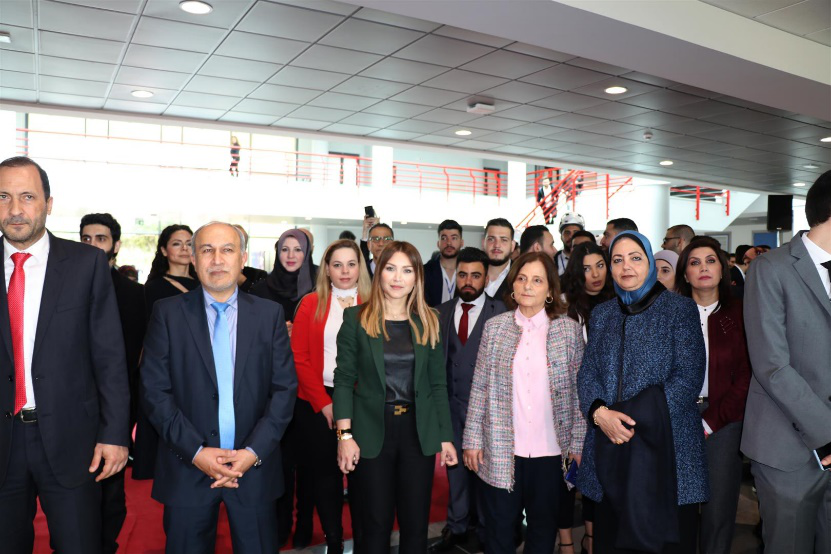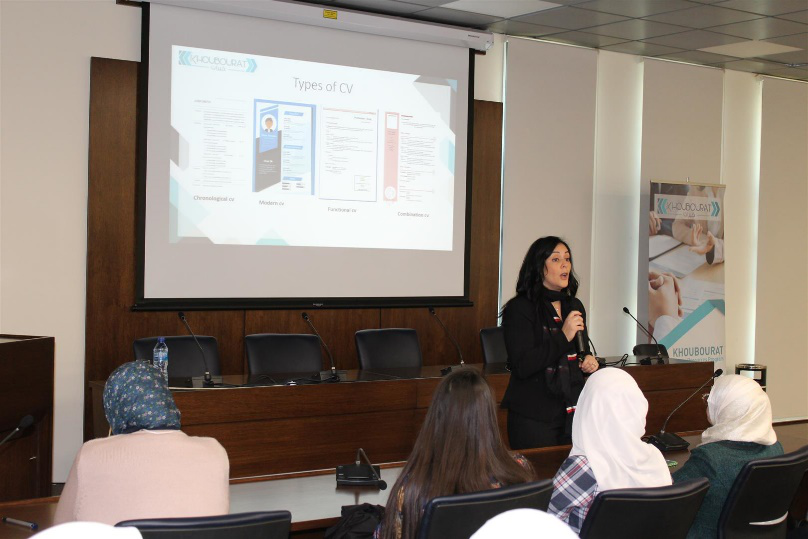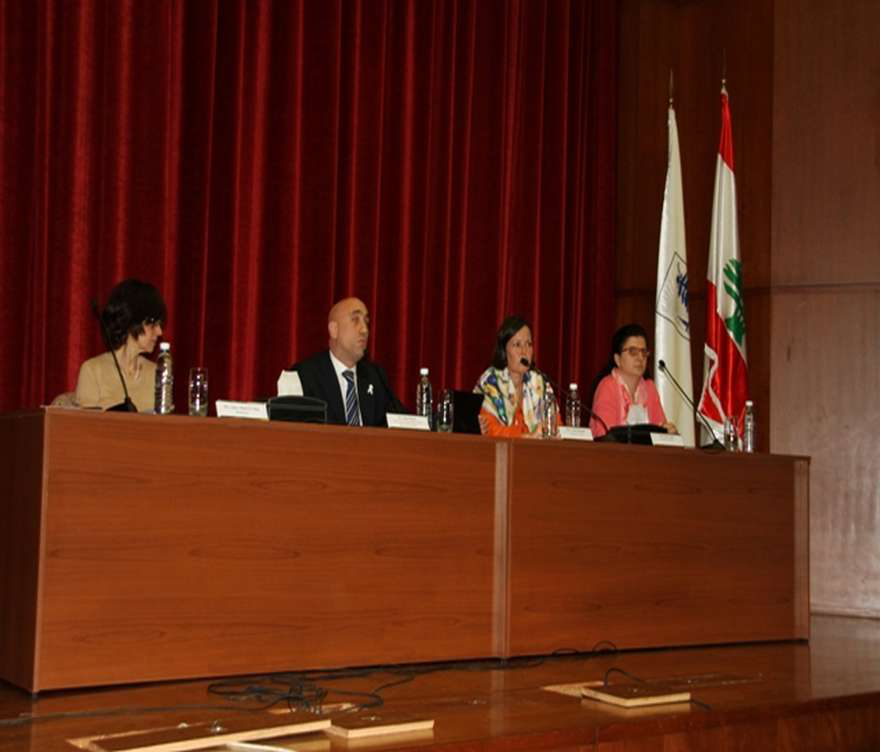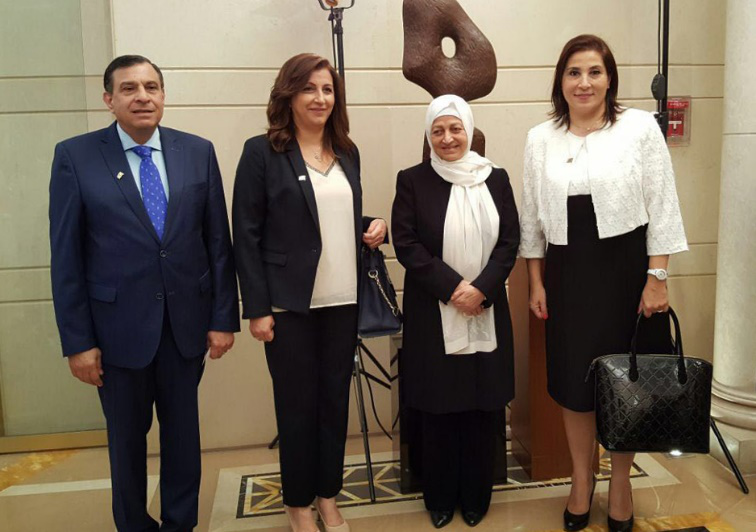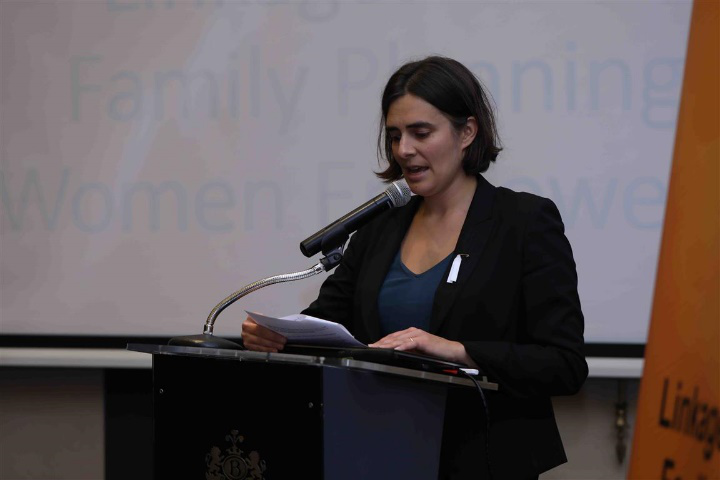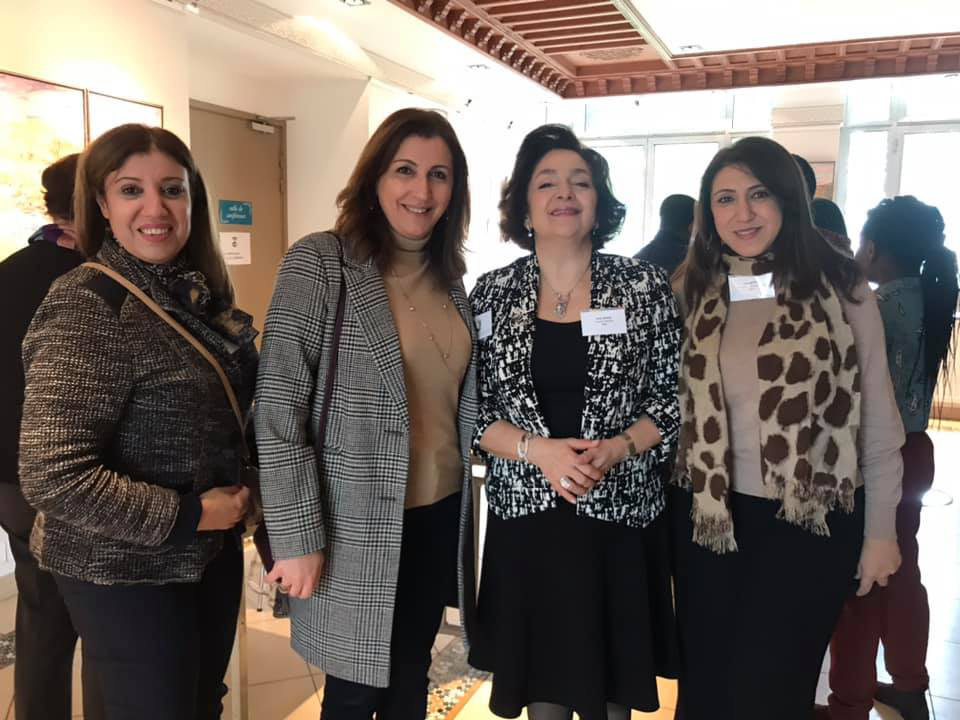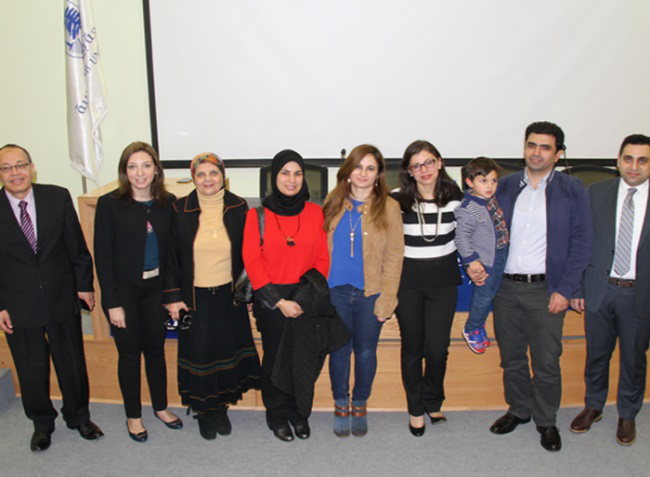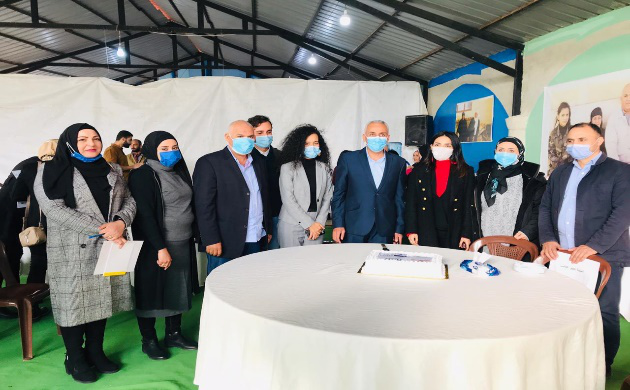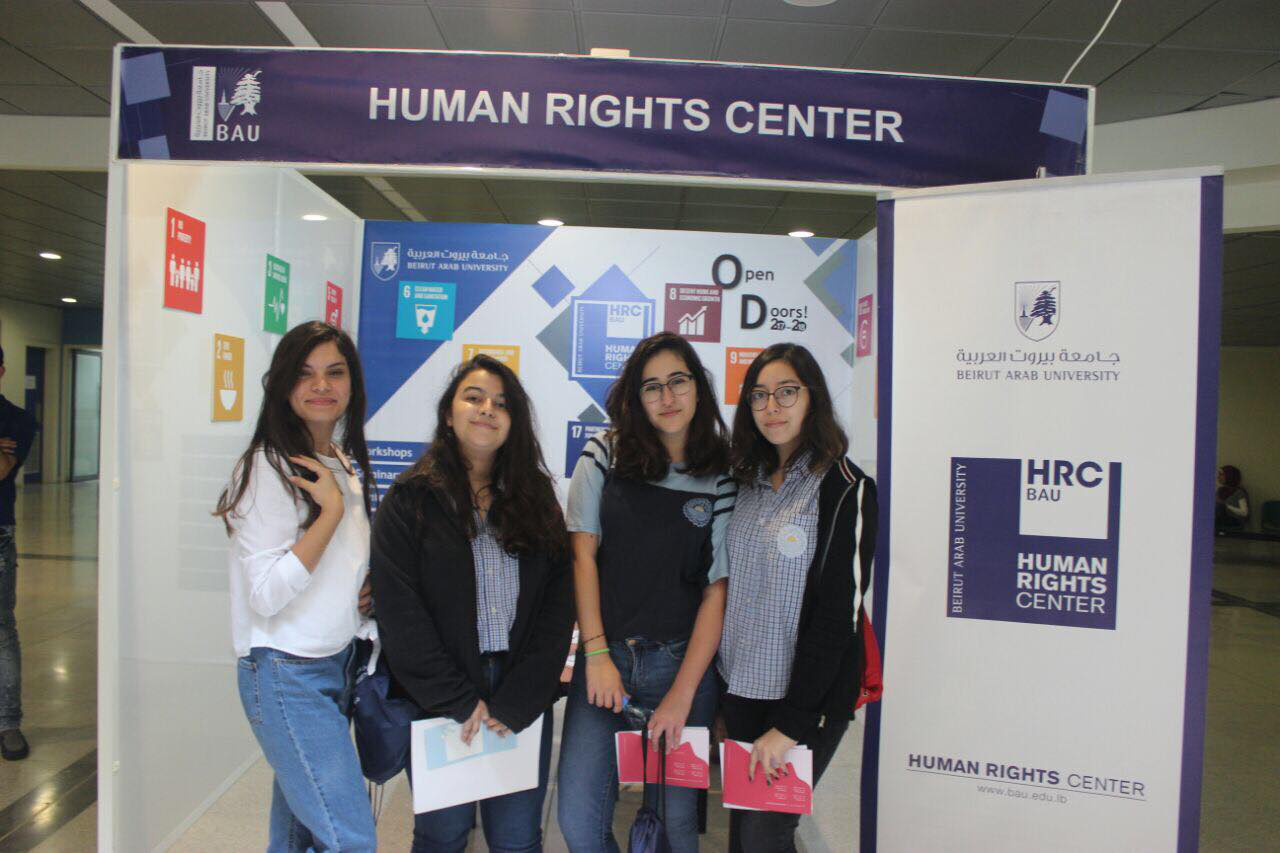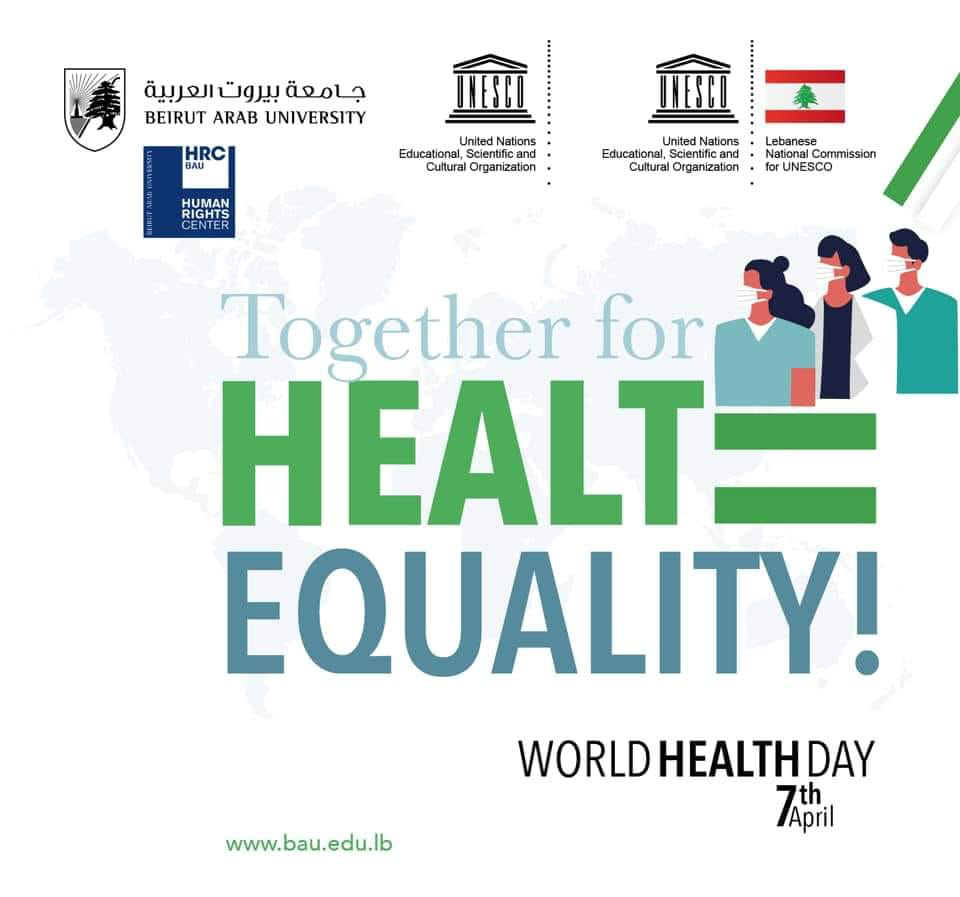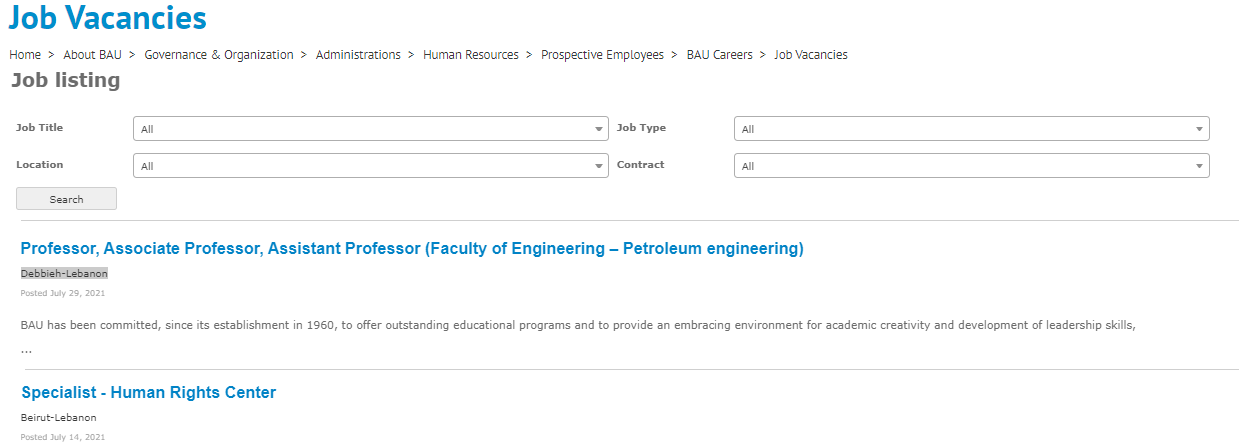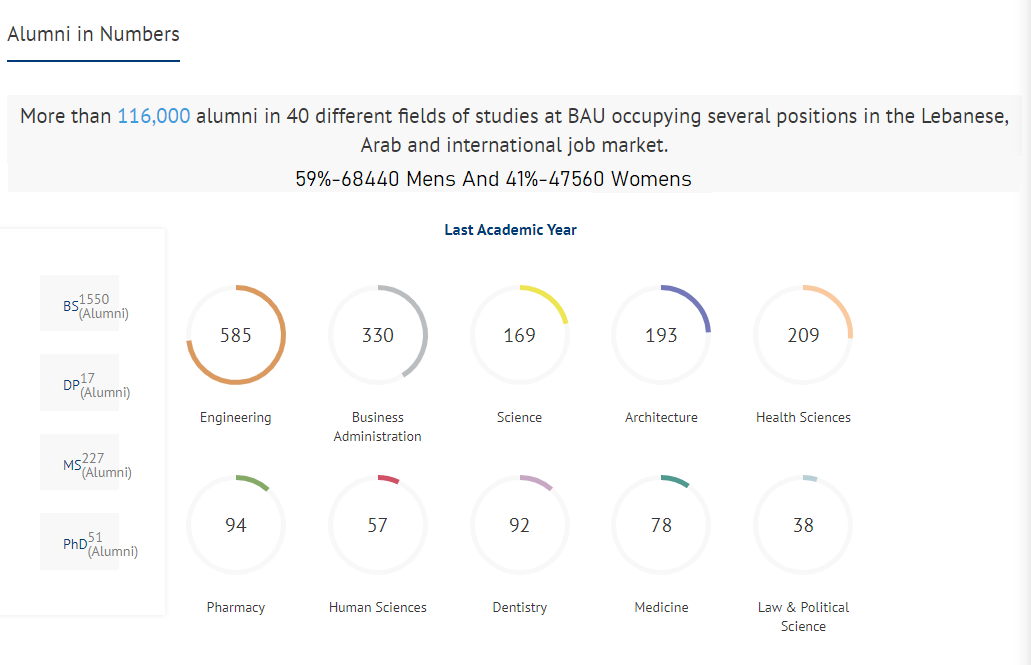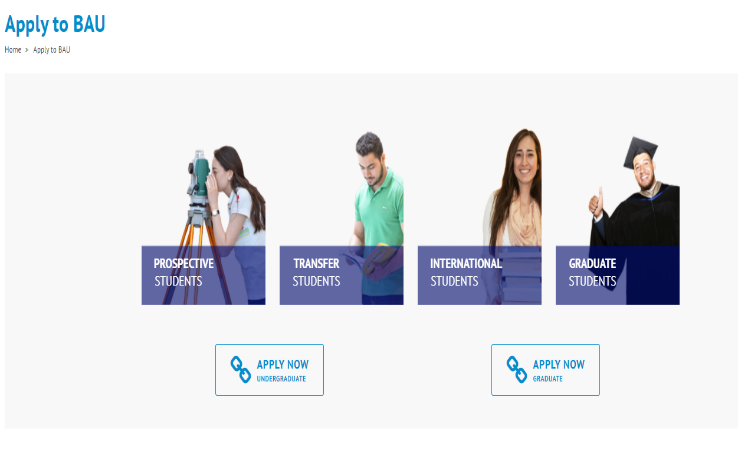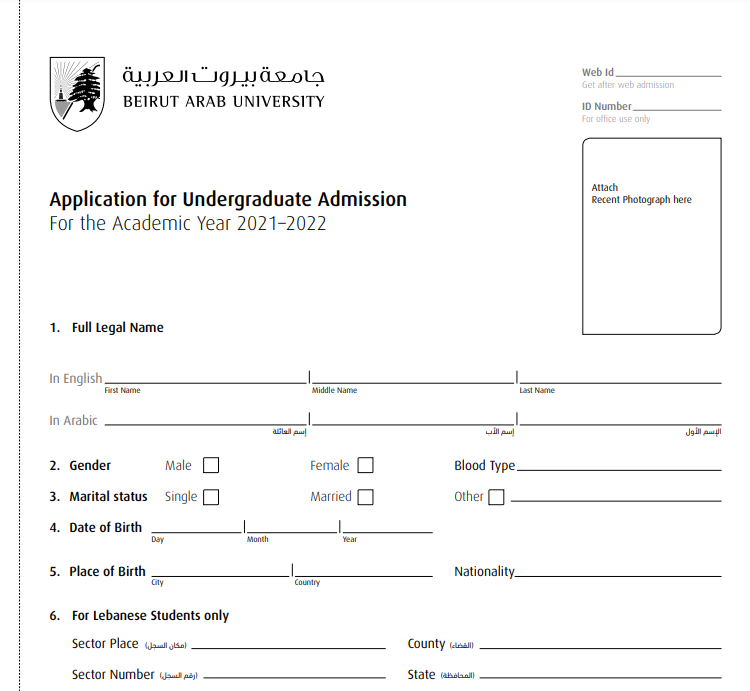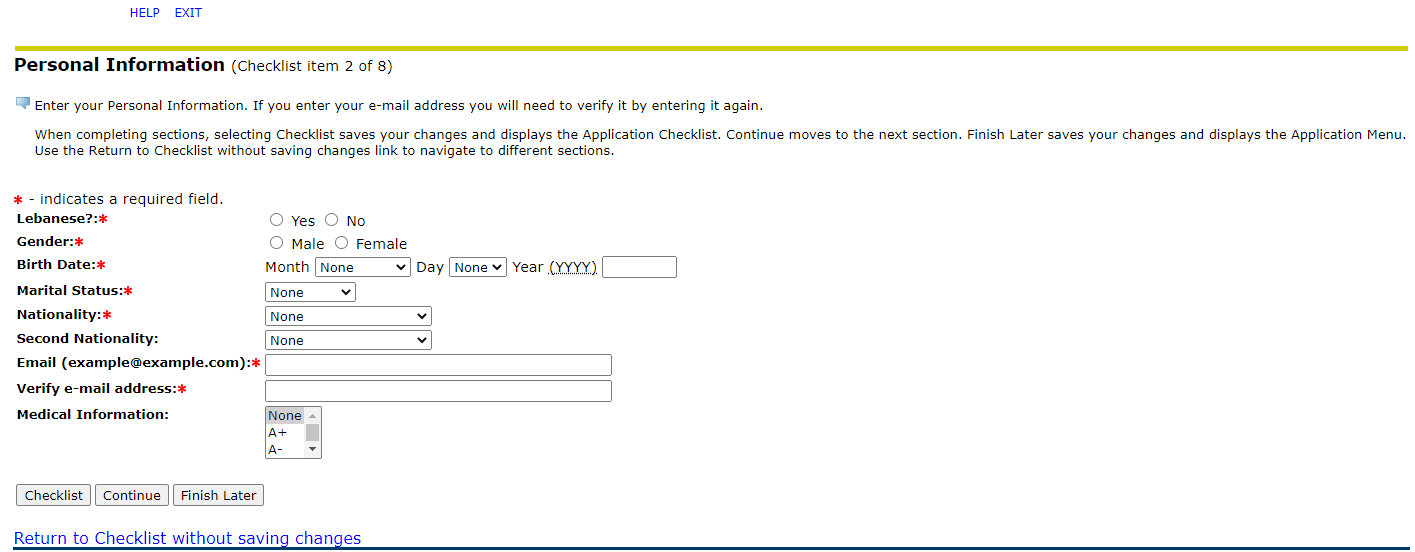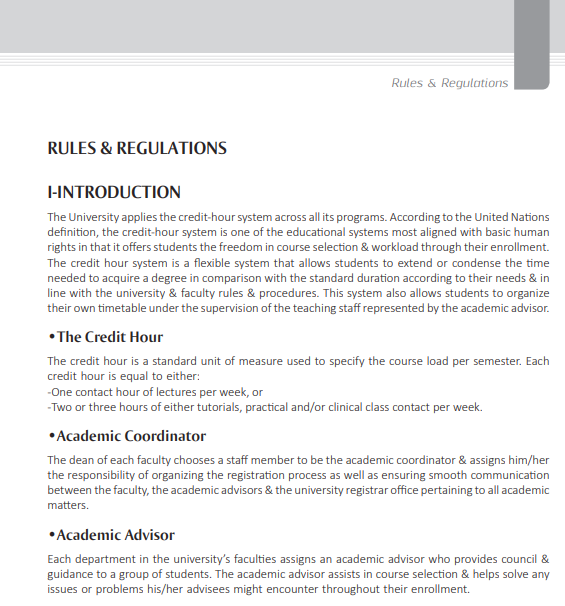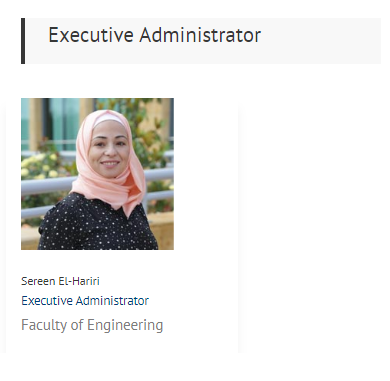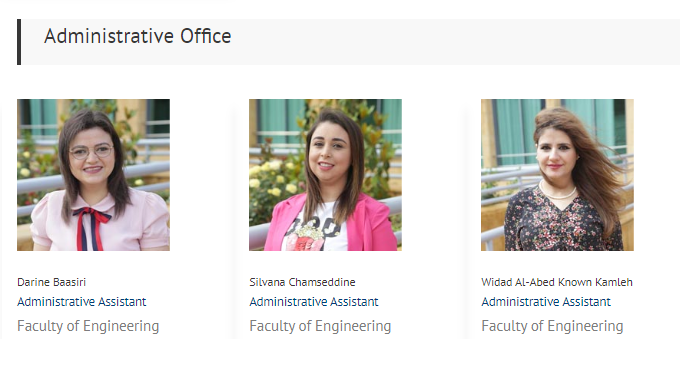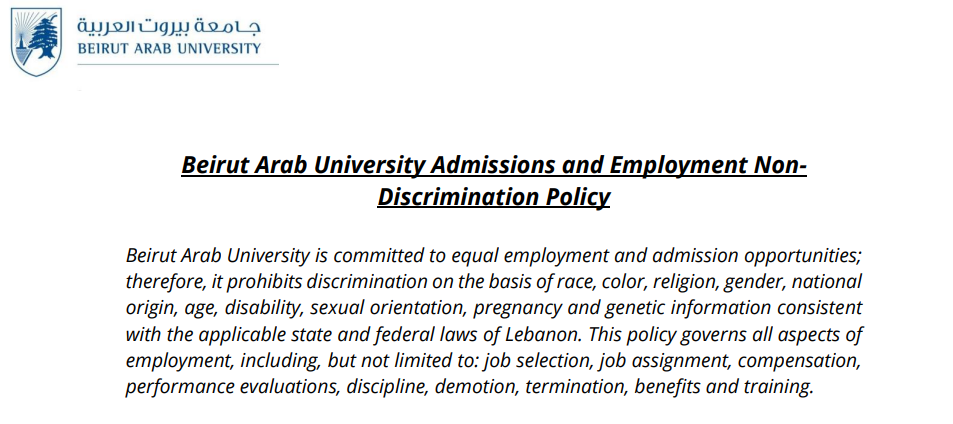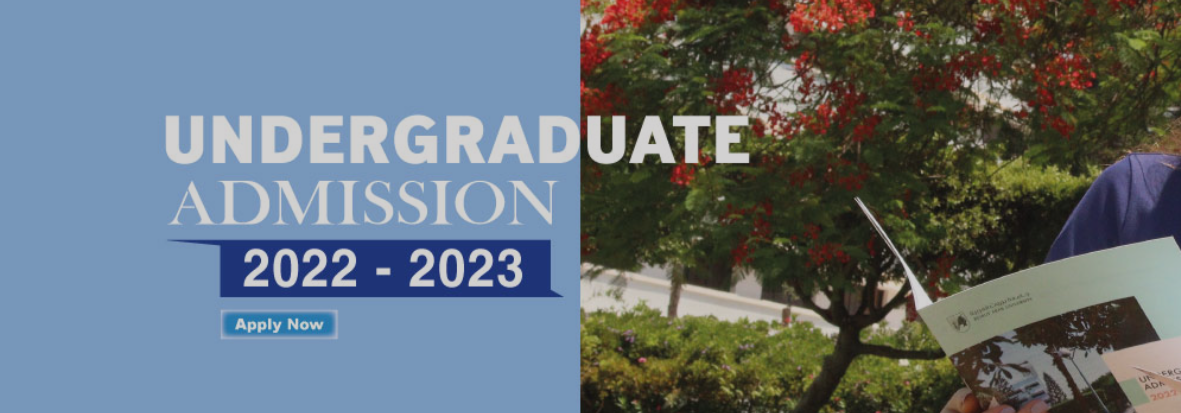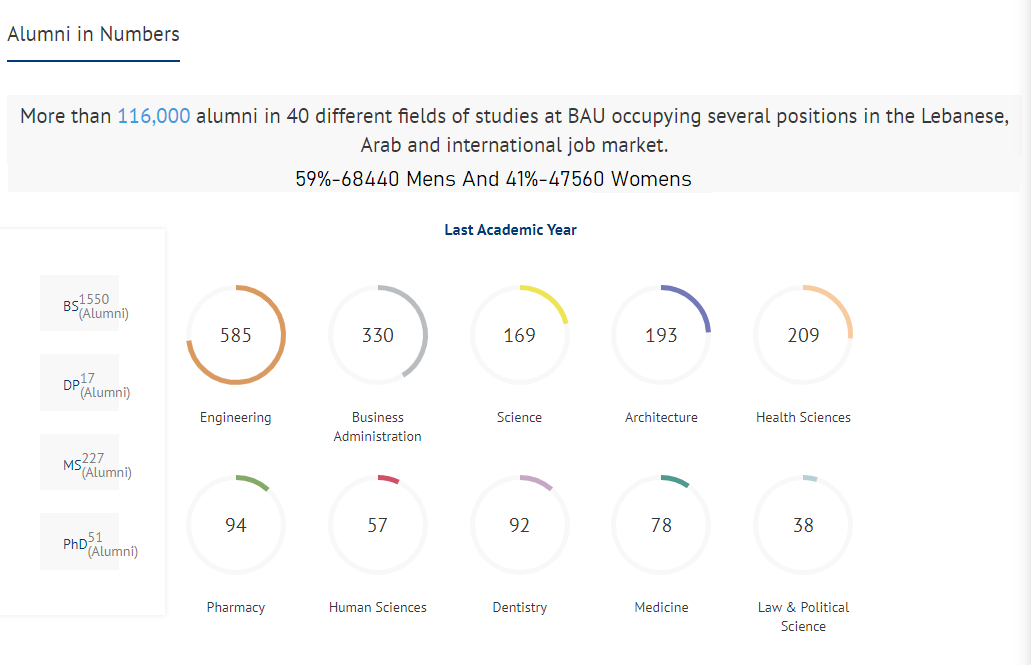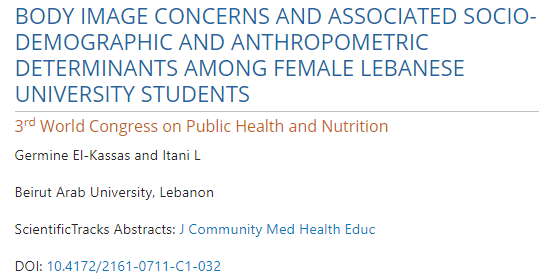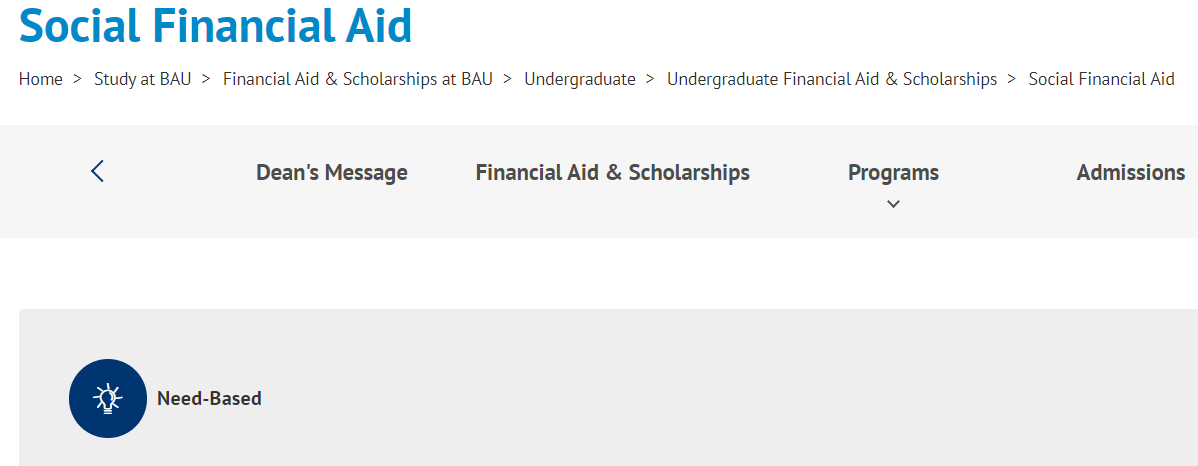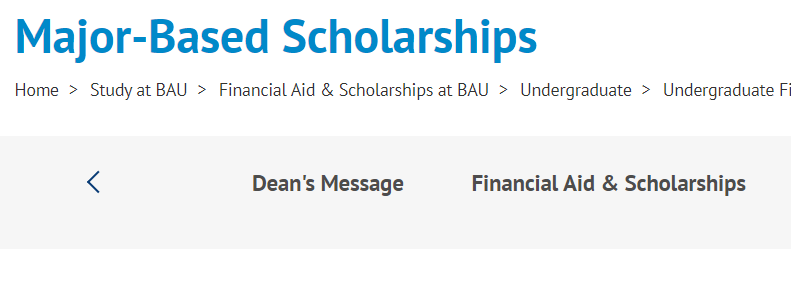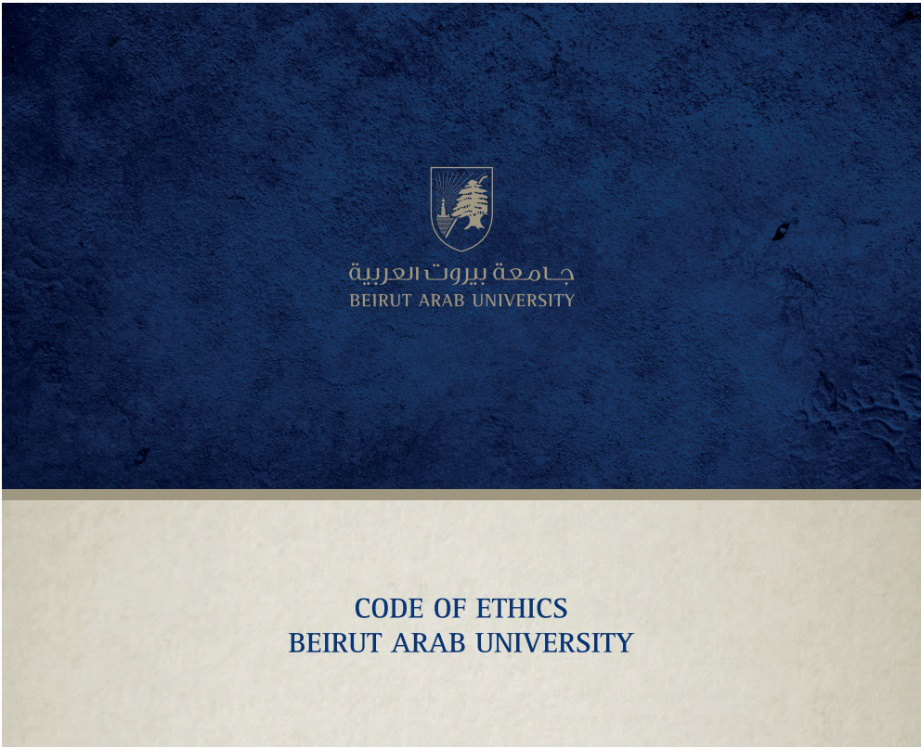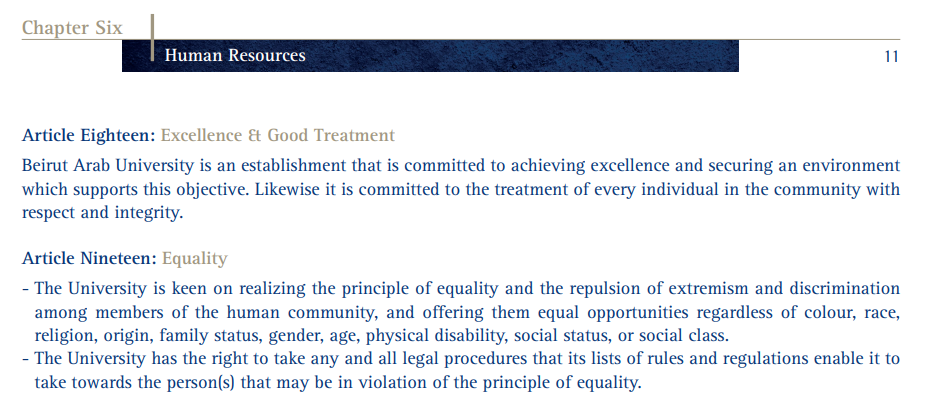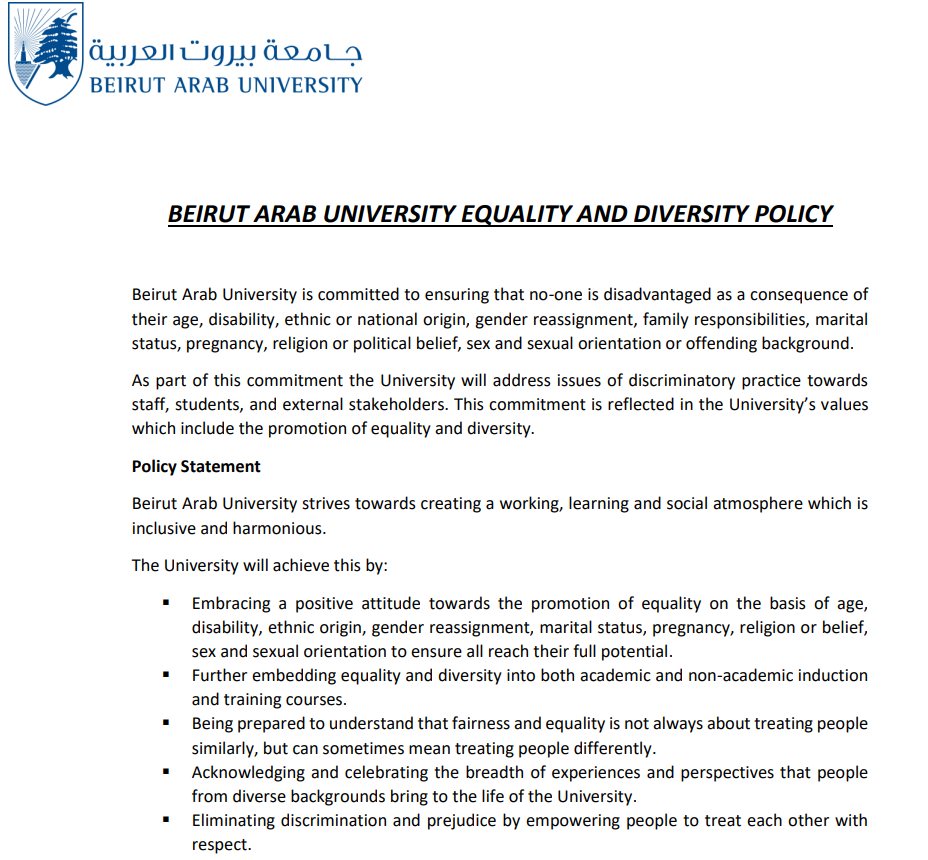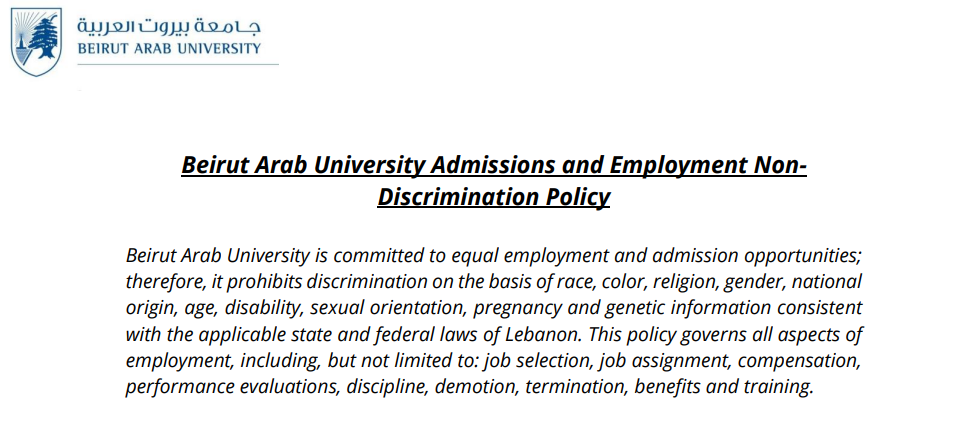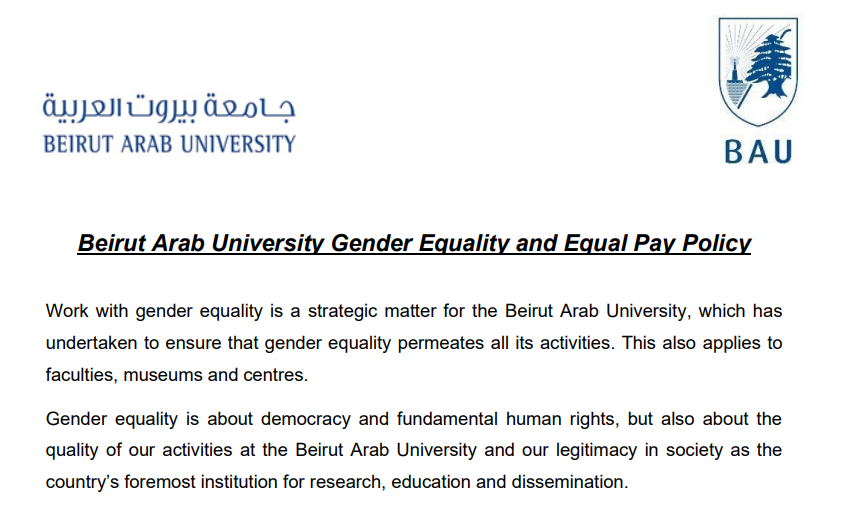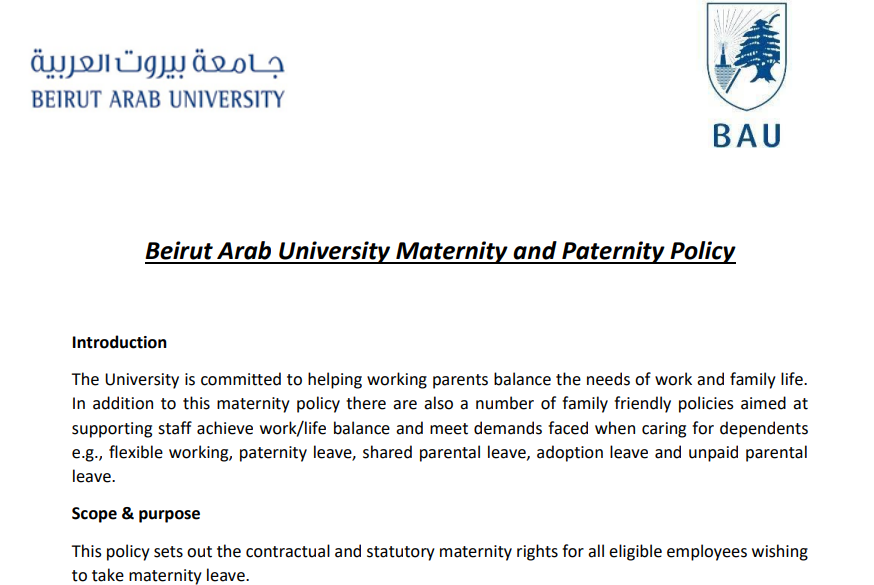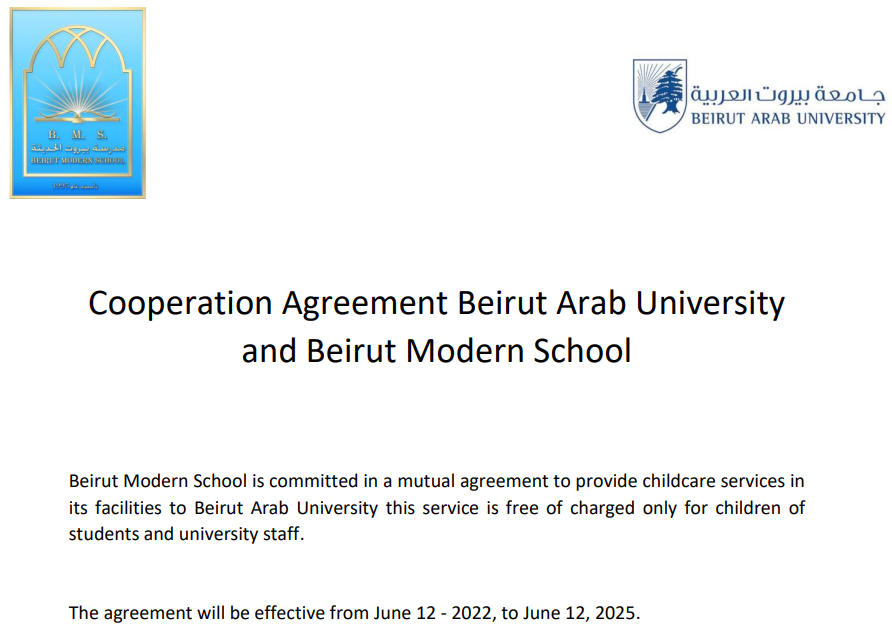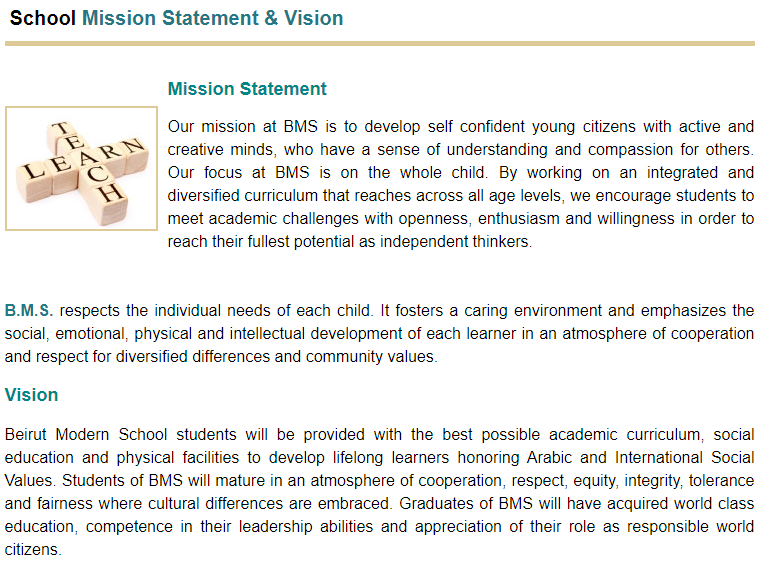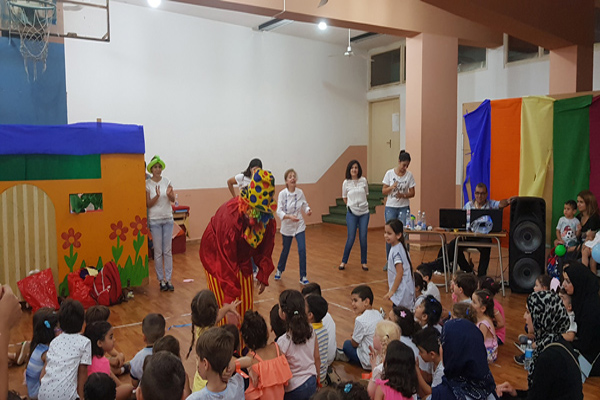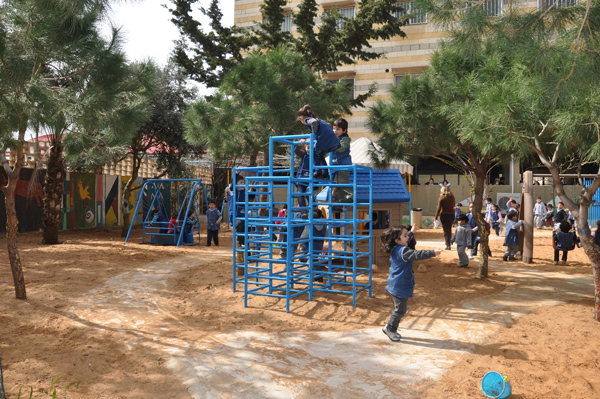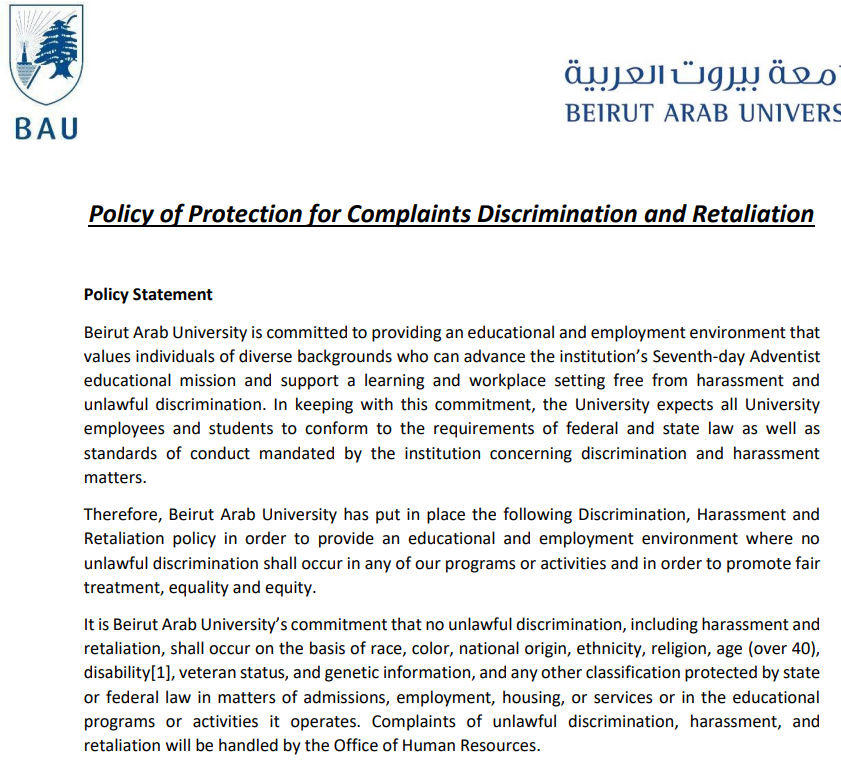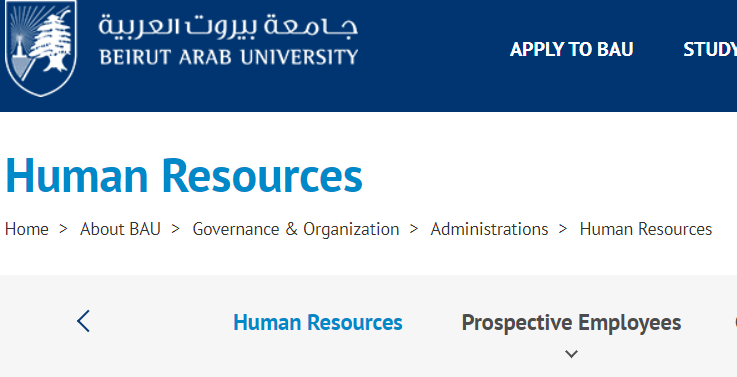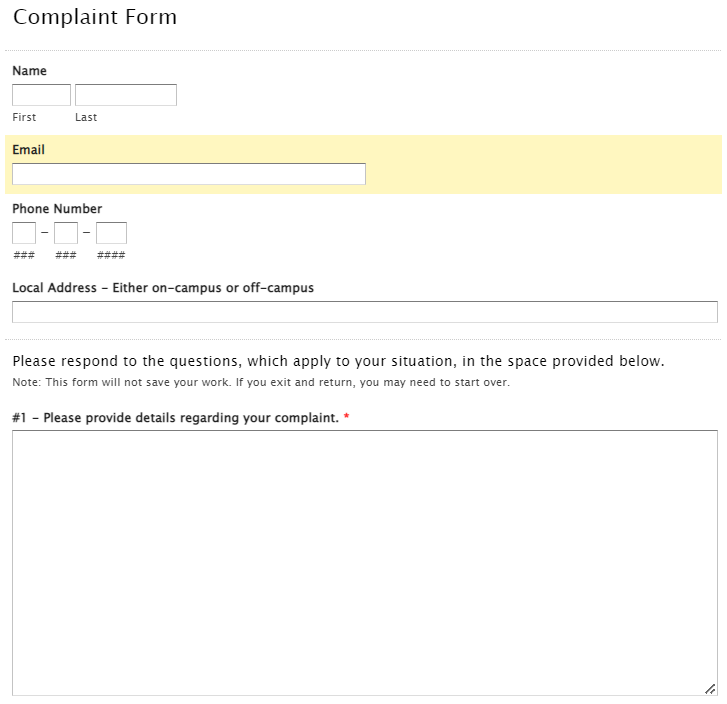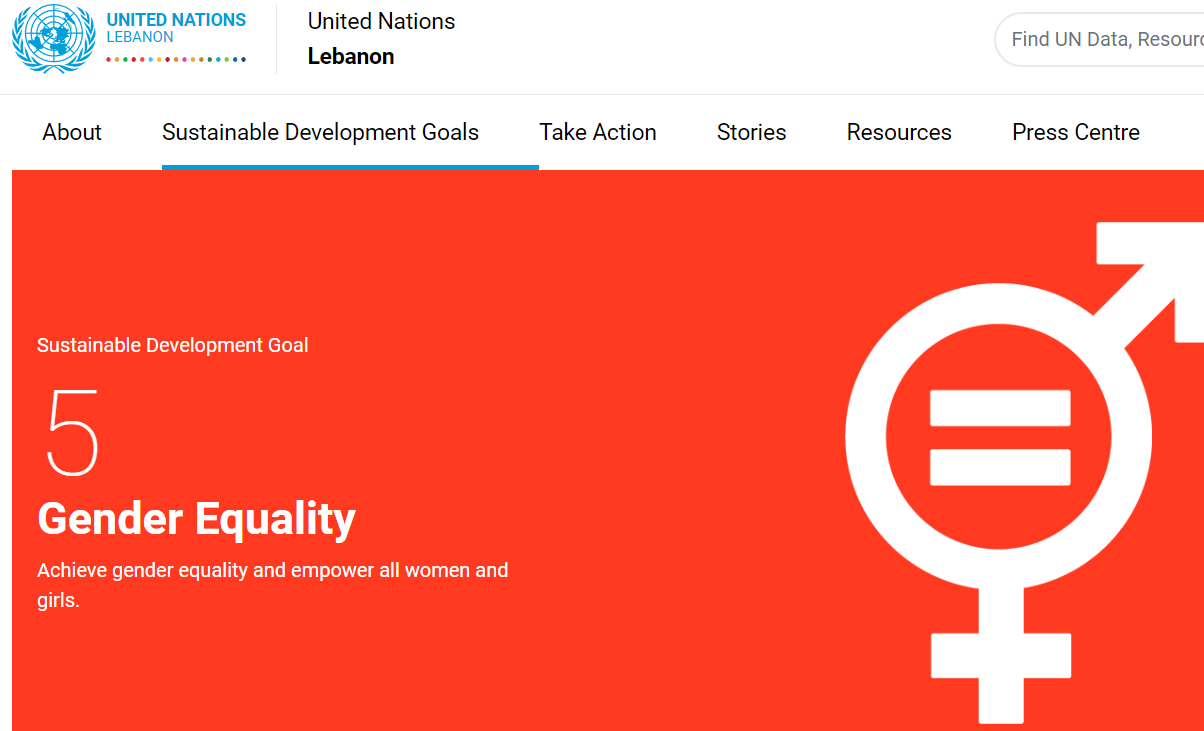SDG 5: GENDER EQUALITY
Introduction
Sustainable Development Goal (SDG 5 or Global Goal 5) aims to achieve gender equality by ending all forms of discrimination, violence and any harmful practices against women and girls in the public and private spheres. It also calls for the full participation of women and equal opportunities for leadership at all levels of political and economic decision-making. Gender equality is not only a fundamental human right, but a necessary foundation for a peaceful, prosperous and sustainable world.
Gender equality is a fundamental and inviolable human right and women’s and girls’ empowerment is essential to expand economic growth, promote social development and enhance business performance. The full incorporation of women’s capacities into labor forces would add percentage points to most national growth rates – double digits in many cases. Further, investing in women’s empowerment produces the double dividend of benefiting women and children, and is pivotal to the health and social development of families, communities and nations.
Empowering women and girls and achieving gender equality requires the concerted efforts of all stakeholders, including business. All companies have baseline responsibilities to respect human rights, including the rights of women and girls. Beyond these baseline responsibilities, companies also have the opportunity to support the empowerment of women and girls through core business, social investment, public policy engagement and partnerships. As the engine for 90 percent of jobs in developing countries, technological innovation, capital creation and investment, responsible business is critical to the advancement of women’s and girls’ empowerment around the world. With a growing business case, private sector leaders are increasingly developing and adapting policies and practices, and implementing cutting edge initiatives, to advance women’s empowerment within their workplaces, marketplaces and communities. The launch of the SDGs in September provides a tremendous opportunity for companies to further align their strategies and operations with global priorities by mainstreaming gender equality into all areas of corporate sustainability and systematically and strategically scaling up actions which support the development and livelihoods of women and girls.
Beirut Arab University is aware of the importance of women and the essential role they have for the world, in this sense BAU has developed events, activities and campaigns to demonstrate the empowerment of women in all existing areas, both work performance and community development, the university has a Women's Studies program which aims for students to understand the experiences of women and connect these experiences with those of other groups, both locally and globally. BAU is one of the universities with the largest number of female students currently studying and who are an active part of the academic community. BAU wants to continue progressing and contributing to gender equality.
University Relevant Events
For the tenth consecutive year, the Public Relations Administration at Beirut Arab University organized the Arabic Recitation Contest entitled “Arab Women between Constraints and Leadership”, under the patronage of HE Mr. Jean Oghassabian, the Minister of Women’s Affairs. The event was opened by Ms. Rima Chehab who welcomed the guests.
This was followed by a documentary on the topic of the competition. Then, Prof. Amr Galal El Adawi, President of BAU pointed out that the aim of the contest is not merely to advance Arabic as a language, but also to find out about what the youth have to say on issues relevant to the society. H.E. Mr. Oghassabian praised the competition, stating that the constraints and restrictions prevent women from exploring their potentials to the full within the constitutional organizations or the public sector.
Women are hardly ever given the full space to become an added value within these institutions. He also added that women have proven themselves in all the fields in life, ranging from engineering to medicine and informatics. However, the patriarchal society does not yet allow her to become a member of parliament, although she would be an important addition to its performance. It is not a matter of looks or image, but rather the country’s need to benefit from women.
This was followed by the 20 performances of students from the following universities: Lebanese American School, Jinan University, Notre Dame University, Antonine University, Holly Spirit of Kaslik University, American University of Beirut, Manar University, Islamic University of Lebanon, Balamand University, Lebanese University in addition to Beirut Arab University.
Each student’s performance was followed by a question from the jury which consisted of the Journalist Bassam Barrak, Journalist Dolly Ghanem and Journalist Neamat Azouri Oussi who came to their final scores in accordance with the competition rules.
The Faculty of Architectural Engineering cordially invites students and graduates to attend a lecture presentation titled:
"Photovoltaic Market in Lebanon, Opportunities and Barriers"
Lecturer: Mr. Rabih Osta
Lecture Content:
The lecture presentation will explore the key facts in Lebanon regarding renewable energy and solar systems' application. Driving initiatives for Photovoltaic (PV) projects are illustrated and barriers facing their implementation are discussed. Mr. Osta, the Area General Manager of Phoenix Energy, will highlight the significance and the challenges of Phoenix Energy mega PV installation:
The Beirut River Solar Snake (BRSS). He will discuss the synchronization between PV generators, fossil fuel generators, and the Lebanese electricity network. Finally, a comparison between on-grid and off-grid systems is held. The lecture will take place on Tuesday October, 27 2021 at 2 PM in Room A203 Architecture Building (Debbieh).
BAU opened its Job Fair 2022 under the title of “Time to Move” in Beirut with the participation of 59 companies and institutions in the fields of engineering, commerce, pharmacy, architecture, computers, banking, medicine, and others. The Job-Fair at Beirut Site, aimed to assist BAU students to be better introduced to the Lebanese job-market, as well as the various companies and their respective vacancies, which is intended to provide graduates with training and job opportunities.
President of Beirut Arab University Prof. Dr. Amr Galal El Adawi, inaugurated the event, in the presence of the Vice-President for Tripoli Branch Affairs, Prof. Dr. Khaled Baghdadi, the Deans of faculties, the Head of BAU Alumni, Mr. Essam Baadarani, the Director of Public Relations Administration, Mrs. Zina Ariss, BAU directors, and a crowd of students, interested people and company officials. After the Lebanese national anthem and the BAU anthem were played, Assistant Dean of Faculty of Pharmacy, Dr. Hania El Nakash pointed out in her speech that “BAU supports its students, with the aim of securing them jobs, as it is concerned for their future, and following their activities and achievements. The success of the students is a success for the University”.
Beirut Arab University organized its Job Fair at Beirut Campus under the auspices of the Minister of Labor Camille Abousleiman with the participation of 45 engineering, medical, oil, pharmaceutical, banking, tourism, real estate and educational institutions.
This fair aimed to connect students and graduates with the job market through meeting the representatives of participating institutions. Students presented copies of their curriculum vitae and were introduced to the criteria and conditions required to obtain job opportunities in line with their specializations.
The exhibition also provided students and gr with an overview of the experiences of the most prominent business owners who spoke to the students about their career and how to make their way through the job market starting from the university. After the Lebanese and BAU Anthems, Engineer Sandy Chaaban inaugurated the exhibition, saying, “We, at Beirut Arab University, are accustomed to overcoming the difficulties and confronting the fears that give rise to hope among the youth, so we are keen to dedicate this job to meet their aspirations and ambitions, complementing our mission to build a strong and effective society despite all challenges”.
Head of the Job Fair Committee and Dean of Faculty of Engineering Professor Adel El Kordi spoke of the importance and development of this fair to keep pace with the job market needs and requirements and open up to new institutions and specializations to share the aspirations of our youth”.
Beirut Arab University inaugurated its Job Fair 2018 at Beirut Campus under the auspices of Minister of Labour Mr. Mohammad Kabbara in the presence of Major Nour Chaaban representing Director General of Internal Security Forces Imad Osman and BAU President Professor Amr Galal El-Adawi, BAU Secretary General Dr. Omar Houri, BAU Directors, Deans and crowd of Students.
The event was organized by the Alumni Affairs and the Career Office and presented by the Engineer Sandy Chaaban who defined the purpose of this Job Fair saying, “It allows students to learn about the jobs and trainings available at the companies and institutions participating in this event.” The Head of the Job Fair Committee, Dean of the Faculty of Engineering Professor Adel Kurdi stressed, in his speech, the fact that “BAU has always been keen on being a pioneer in the scientific field as in the academic realm and has always shown faith in the role and efficiency of the youth in developing their countries, which rendered this job fair an annual landmark.”
President of BAU Professor El-Adawi said:
“BAU has always been committed to excellence, quality of education and International Accreditation of its programs, which eventually leads to more opportunities in the job market.” He added, “BAU is examining the possibility of establishing creativity schools in Beirut, Debbieh, Tripoli and Bekaa to encourage students to present their creative ideas supported by experience available at BAU, so students’ creativity is all that counts without having to wait for a job opportunity”.
The Alumni and careers Office at Beirut Arab University organized a session entitled: C.V Writing and Job Search Tools for the senior students of Tripoli Campus in collaboration with the Association "IRADA" delivering Khobourat program, which is targeted to prepare students for the labor market.
Ms. Rola Shabaklo, Director of Human Resources department at IRADA, presented the session, which elaborated the topics related to CV preparation, how to succeed in a job interview, and how to look for work within the current challenges faced in the region, and shifts in the local recruitment market.
The President of Beirut Arab University Prof. Amr Galal El- Adawi and the President of Al-Mina Municipality Council Abdel Kader Alameddine signed a cooperation agreement covering infrastructure and the surrounding area of BAU Branch in Al Mina.
The President of Al-Mina Municipality Council spoke about the nature of this agreement saying "This is not the first agreement of cooperation between the Municipality and BAU. Our cooperation began since laying the foundation stone for the establishment of BAU Tripoli Branch in Al-Mina City. We believe in BAU’s role to raise the status of the city and our relationship with BAU has developed during the era of former Secretary General late Mr. Issam Houri. Also, we have always been able to meet the university demands concerning the building, investment and licensing.”
He added, “We are proud today to sign an agreement of cooperation regarding the establishment of the public park near the university campus which will be a public common for BAU students and Al Mina people.” BAU President Prof. Amr Galal El -Adawi maintained, "Today we signed an agreement, which is the first of its kind to turn the land adjacent to the university branch into a park of public interest for Al Mina people and BAU students.” He added, “Our presence here is not limited to this distinctive educational facility in Lebanon and the Middle East.
It includes our vision of being partners with the people of Tripoli, Al Mina and the North to create a success story not only at the educational level but also for the development of the city. BAU Branch in Al Mina was established nine years ago, and since then the region has been significantly developed and many job opportunities have been open for the people in the North as most of the BAU academic and administrative staff members and professors are from Tripoli and the North.
This was reflected in the university labour needs which we emphasized to be limited to the people of the region so they feel we are here to achieve development goals in addition to educational issues.”
On the other hand, and within the framework of the Signing Ceremony, a gathering was held between the President of BAU Prof. Amr Galal El- Adawi and the Northern figures: Former Prime minister Najib Mikati represented by Mokbel Malak, Minister of State for Economic Empowerment for Women and Youth Ms.
Under the auspices of HE Minister of Industry Wael Abou Faour, represented by the Head of the Department of Industrial Cities and Areas Engineer Shantal Akl, the Faculty of Engineering at Debbieh Campus inaugurated its 20th Engineering Day under the title of “The City of the Future”. Students from the different faculty levels and departments presented more than 80 projects from designs, models and devices in the fields of civil and environmental engineering, communications, electronics, electrical power and machines, as well as computer, industrial, petroleum and mechanical engineering.
In addition to these projects, the international engineering academic societies that play a prominent role in the development of the students’ skills in different disciplines were also participants in the exhibition. After the Lebanese Anthem and BAU Anthem, Rawan Halabi, a 4th-year Mechanical Engineering student, opened the event saying, “Organizing the Engineering Projects Day and presenting many projects designed by students are a clear demonstration of the capabilities allotted by the university to serve its students and its interest in their potentials.
The the real investment is to support scientific innovation and to inform the local community, institutions and companies, which will harness the students’ projects to serve the society and meet its needs, and make it easier for graduates to join the job market".
The Faculty of Science organized a Professional Career Development Workshop in collaboration with BAU Alumni and Career Office, to shed the light on the needed skills in the Labor Market in Lebanon and the Gulf and to help students be more prepared for their career paths by learning more about curriculum vitae preparation, job interviews, Networking, social media and professionalism.
The workshop was held on March 5th 2022 at Debbieh Campus and presented by Mr. Mohamed Saadeddine, General Manager of Citricom Training Center and by the Businessmen’s Federation for Support & Development (IRADA).
The Human Rights Center at Beirut Arab University organized in collaboration with the European Union Delegation in Lebanon a seminar on “Women’s Rights: Challenges and Opportunities for Gender Equality in Lebanon”.
The event was attended by Prof. Dr. Amr Galal El Adawi, President of BAU, Mrs. Angelina Ekhorest, European Union Ambassador, Mrs. Ursula Fahringer, Austrian Ambassador to Lebanon, Deans of Faculties, Mr. Issam Houri, BAU Secretary General, Wakf El Bir and Ihsan’s Members of Board of Trustees, Directors of BAU Centers, BAU Administrators, and 250 students from various majors.
Prof. Dr. Amr Galal El Adawi reiterated in his word the role of BAU in supporting human rights, in particular women’s rights, through the Human Rights Center, as well as the establishment of a specialized Women’s Studies Diploma and a legal clinic where students – under the supervision of licensed lawyers – aid disadvantaged target groups to fight for their rights.
Mrs. Angelina Ekhorest, European Union Ambassador, addressed the students, reminding the audience that Lebanon is an important partner to the EU, not only in terms of dealing with the Syrian crisis, but also in terms of human rights.
This is manifest in the effectiveness of parliamentary elections and structural reforms in the economic and social sectors. Dr. Omar Houri, Director of the BAU Human Rights Center reviewed in his word the foundations of a woman’s right to grant her family her nationality in accordance with the Lebanese Constitution and the International Law.
He added that there are over 18000 Lebanese women married to foreigners in Lebanon. There are no accurate statistics as to the number of children in these marriages, but it is possible to imagine the amount prejudices these children and citizens are exposed to. Such discrimination impacts upon medical care, education, employment and other aspects of daily life.
Believing in the role played by distinctive and special women who are marked in the Lebanese Society, and embracing such women in the field of Researches and Leadership, the Dean of Health Sciences and the Dean of Graduate Studies and Research at Beirut Arab University, Prof.
Rajaa Fakhoury and Prof. Hania Nakkash have been honored as women leaders in research in Lebanon in an event that took place in the Lebanese parliament, in the presence of Beirut Arab University President Prof. Amr Galal El-Adawi.
The event was organized by the National Initiative for the Centennial of Greater Lebanon, “Lebanon, the State of Knowledge” which is an initiative launched by Mrs. Bahia Hariri in remembrance of the declaration of the State of Greater Lebanon in September 1920.
The ceremony celebrated the efforts and achievements of Lebanese women in the field of education and highlighted the importance of their role in maintaining Lebanon as a “state of knowledge.” Thirty-one Lebanese women were honored in this event, which was under the patronage of the Speaker of the Parliament of Lebanon, Nabih Berri.
Under the patronage of the office of the Minister of State for Women's Affairs, in partnership with the Embassy of Canada, and in collaboration with Beirut Arab University (BAU), the United Nations Population Fund (UNFPA) organized an awareness creation thematic panel on "Linkages between Family Planning and Women Empowerment”.
During this session, Minister Mr. Jean Oghassabian, Canada ambassador Ms. Emmanuelle Lamoureux, and Head of UNFPA office in Lebanon Ms. Asma Kurdahi emphasized the importance of the subject of discussion.
Dr. Issam Shaarani, principal investigator of the research conducted by a team of medical students from BAU, presented the key findings of the study funded by UNFPA on Family Planning Knowledge, Attitudes, and Practices among Syrian Refugees.
Other discussions on the panel were mainly related to the transformative agenda of UNFPA in promoting access to family planning.
Congratulations to BAU students Nisrine Kammourieh at the Faculty of Human Sciences, Yasmine Wraya at the Faculty of Law and Political Science and Rawan Nashi at the Faculty of Architecture - Design & Built Environment on being selected by the US Embassy in Lebanon; through a highly competitive process; to participate in the “2021 Study of the United States Institutes (SUSI) - Women's Leadership Program” at Saint Mary’s College.
Under the European Association for the Study of Obesity (EASO), Professor Marwan El Ghoch and womens students from the Department of Nutrition & Dietetics at Beirut Arab University (BAU) participated in COMs Exchange and Mentoring Programme, and visited the Centre of Obesity in Department of Medicine, at University of Rome “Tor Vergata” – Italy, from 28 January till the 1 February 2022.
Beirut Arab University participated in the Extraordinary General Assembly of the Francophonie Network of Women in Higher Education and Research (RESUFF)in France, the conference was attended by Prof. Rajaa Fakhoury the Dean of Faculty of Health Sciences and Official member of the RESUFF, Ms. Wafaa Beytamouni Director of President and Secretary General Office, and Ms. Lina Anouti Administrative Assistant of President and Secretary General Office.
This conference was organized by the Agence Universitaire de la Francophonie, and brought together 90 participants from 10 regions of the world, to encourage women in Universities (students/staff) to take on responsibilities and set up training modules for them in order to overcome obstacles and have a better future.
A lecture about Depression and Women was delivered by Dr Hania Jarkas, Neurologist. It explains that depression is the most common psychiatric disorder worldwide. It is underdiagnosed and undertreated. Women suffer from depression twice more than men do.
Depression has severe bad impact on the patient quality of life and mortality. Women suffer from special types of depression such as: depression before menses, depression during pregnancy, postpartum depression, and depression related to menopause. Maternal depression has multiple harmful impacts on her pregnancy, and on the offspring from neonatal period till adolescence.
Physicians from different specialties should screen for depression. Treatment occurs through pharmacotherapy and psychotherapy. The Lecture took place on Wednesday 22 March 2022 at Ali Rashed Hall, Main building, Beirut campus.
For the occasion of the International Day for the Elimination of Violence against women, the Human Rights Center at Beirut Arab University in collaboration with the Lebanese National Commission for UNESCO (LNCU) and Internal Security Forces ISF organized a workshop on Friday 4th of December 2020 at the village of Khrab El Hayatt- Akkar within the framework of 16 days to raise awareness globally on the elimination of violence against women.
The workshop, was represented by Dr. Tala Zein from the Lebanese National commission for UNESCO, Ms. Salam Zahran from the Human Rights Center at Beirut Arab University, and Major Youssef El Dekweir from the Internal security forces. It targeted 25 participants mainly females, aimed at increasing public awareness on violence against women; building capacity and understanding main definitions and concepts in the framework of Women’s Rights; engaging youth in promoting women’s rights and contribution to fight discrimination within their society. In addition, participants were trained on entrepreneur skills in developing projects and business.
BAU held a day of the NGO's sixth fair in which students, both men and women, took an active part in the event and also had the opportunity to do internships related to the SDGs.
BAU carried out the "Together for Equality in Health", with the aim of achieving inclusive health in which the entire community, both men and women, will have the right to health services that provide them with a good life expectancy.
For BAU it is important that women who are part of the academic community manage to be part of the labor market and be successful, in this sense la universidad tiene una seccion de “Job Vacancies”, en la cual pueden apply to a job this option is for the student that meets the requirements, this option is for all students who will finish their university careers regardless of race, gender or nationality, the information on all this is found on the website and the corresponding section.
University/Strategy/Policy/Procedure
Beirut Arab University is an educational institution that supports inclusion and gender equality, in this sense the University every year counts male vs. female applications with the purpose of achieving gender equality in the acceptance of applications, the University always seeks 50 % of men and 50% of women as a minimum to have gender equality in new students entering the University.
By the year 2022, 52% of the women who applied to the University entered the University vs. 48% of the men who entered, achieving more inclusion of women in higher education, each year BAU develops strategies that allow these results.
Beirut Arab University stands out for being one of the universities with more women that are part of the academic community in Lebanon, this can be observed in a study carried out by USAID Lebanon in 2017. In total with 10,056 BAU students, it has 4,376 women and 5,680, about 44% of the total academic community are women.
Currently 116000 students in 40 different fields of studies at BAU occupying several positions in the Lebanese, Arab and international job market where the importance of women can be observed having around 41% of work occupation. Beirut Arab University continues to increase the growth of gender equity through different channels such as The Human Rights Center, in charge of monitoring that women's rights are fulfilled.
The Unit of Admissions at BAU aims to achieve a balance in applications for admission and give equal opportunities to both genders in this way to maintain gender equity. Admissions to BAU are a limited number of places and based on merits earned by prospective students regardless of race, country, gender, nationality or religion.
Beirut Arab University has an application form in which a future student can choose a career, filling in some fields with their personal data, in this case in order to seek an equal participation of admission applications between men and women, there is a field to identify the gender, student prospects have extensive information through the website on how to apply to a program, admission requirements and when to submit all the necessary documentation.
For future students who personally approach the University, BAU has an application format to enroll the student and record the student's enrollment. You must complete the data with the information requested by the University. To have gender equality in the acceptance of application requests for this BAU format, it also has a gender field with which you can count and know how many women and men applied each year.
Women’s Studies is the most recent instrument of consciousness raising. Personal lives have been affected, and the role of the university in the society has changed. In the span of a decade or so, this new discipline has transformed the concepts and tools of social sciences and humanities. It is believed that long-term changes in society could be achieved through Women’s Studies programs and courses.
Women’s Studies brings together a wide range of disciplines, including Sociology, Psychology, Mass Media, History, Literature, Health and Law. The Women Studies program creates new opportunities for students to understand the experiences of women and to connect these experiences to those of other groups, both locally and globally.
For BAU it is of great importance that future and new students have knowledge of the rules and regulations of the university, in this sense BAU has a guide in which everything related to admissions, entrance, registration, the system of study can be observed, infractions, violation of the university code of ethics.
BAU delegates applications for admissions to the administrative section which is in charge of viewing, evaluating each application and responding, the university controls the number of students who enter each year and always seeks gender equity and this in turn is approved by the quality unit, the university emphasizes that its admissions are for men and women, there is no discrimination of any kind and the rules and regulations are the same for both genders.
The staff is made up of:
Beirut Arab University is committed to equal employment and admission opportunities; therefore, it prohibits discrimination on the basis of race, color, religion, gender, national origin, age, disability, sexual orientation, pregnancy and genetic information consistent with the applicable state and federal laws of Lebanon. This policy governs all aspects of employment, including, but not limited to: job selection, job assignment, compensation, performance evaluations, discipline, demotion, termination, benefits and training.
This policy also governs the admission of students and all campus programs, services and activities. BAU does not discriminate on the basis of gender in admission to or employment in its education programs or activities. If at any time an employee feels that he/she has been subjected to or has observed discrimination, the employee must report such conduct to one of the College’s Title IX Coordinators so that an investigation can be initiated and appropriate action be taken. The confidentiality of all such inquiries and reports will be respected to the fullest extent possible.
Students can raise concerns and make reports without fear of reprisal. Students will not be retaliated against in any manner for reporting perceived discrimination pursuant to this policy. Anyone found to be engaging in any type of unlawful discrimination will be subject to disciplinary action, up to and including dismissal of the student or employee from the university.
Employees can raise concerns and make reports without fear of reprisal. Employees will not be retaliated against in any manner for reporting perceived discrimination pursuant to this policy. Anyone found to be engaging in any type of unlawful discrimination will be subject to disciplinary action, up to and including dismissal of the student or employee from the University.
Beirut Arab University Admissions and Employment Non-Discrimination Policy - Equal Access
BAU is committed to the policy that all persons shall have equal access to its programs, facilities and employment. The College supports an environment that fosters respect and values all people. It promotes diversity with fair and impartial treatment of all students and employees in all terms and conditions of admissions and employment.
With the purpose that more women apply to the University, BAU uses different resources such as a web portal and social networks to inform about new admissions, dates and procedures to apply. BAU rejects any type of discrimination and assures applicants total honesty in the admission processes, in addition to allowing prospective students to attend the University to learn about the venues and ask questions to resolve doubts.
BAU provides female students at the University with the necessary resources for the empowerment of women, through activities that allow them to develop their skills and leadership abilities in all work and social fields. Every year BAU develops different strategies so that women who finish their academic programs have more job opportunities and get a good job, in addition to having academic programs for women and in this way generate more gender inclusion. BAU frequently generates job opportunities for women in the University staff, the admissions and registration department are made up of women.
Currently 116000 students in 40 different fields of studies at BAU occupying several positions in the Lebanese, Arab and international job market where the importance of women can be observed having around 41% of work occupation. Beirut Arab University continues to increase the growth of gender equity through different channels such as The Human Rights Center, in charge of monitoring that women's rights are fulfilled.
Women’s Studies is the most recent instrument of consciousness raising. Personal lives have been affected, and the role of the university in the society has changed. In the span of a decade or so, this new discipline has transformed the concepts and tools of social sciences and humanities. It is believed that long-term changes in society could be achieved through Women’s Studies programs and courses.
Women’s Studies brings together a wide range of disciplines, including Sociology, Psychology, Mass Media, History, Literature, Health and Law. The Women Studies program creates new opportunities for students to understand the experiences of women and to connect these experiences to those of other groups, both locally and globally.
Body image concerns and associated socio-demographic and anthropometric determinants among female Lebanese university students
The transition into university life is usually coupled with a combination of stressors, which can have a negative impact on body image satisfaction, physical and mental wellbeing particularly among females. Body image is a multidimensional concept including psychological, social, and lifestyle factors.
There is a scarcity of data concerning body image determinants among Lebanese university students. Therefore, the present study has been conducted aiming at investigating the prevalence of body image concern and its associated determinants among female university students.
Beirut Arab University offers scholarship possibilities to women who wish to enter higher education, this with the purpose of providing greater schemes and tools to women for admission to the University. Below are the scholarships that BAU offers to women’s:
BAU Scholarships
Merit Scholarships
Merit scholarships are awarded to distinguished students to encourage academic excellence. The top three students in each of the four branches of the Lebanese Baccalaureate are granted an annual full cost scholarship.
The top three students in each of the four branches of the Lebanese Baccalaureate are granted an annual full cost scholarship.
Merit Scholarships - Eligibility Requirements
Submit the official Baccalaureate certificate approved by the Ministry of Education and Higher Education.
The scholarship is renewable every semester provided the student maintains a minimum SGPA of 3.5.
Merit Scholarships - Ranking Scholarships
The top five students at each level of all undergraduate programs receive reductions on the tuition fees of the subsequent semester as follows:
Merit Scholarships - Eligibility Requirements
A minimum of 15 credit hours should be registered per semester.
A minimum SGPA of 3.5.
Having successfully passed all course(s) during the semester.
In the senior year, a minimum of 10 credit hours should be registered per semester.
Merit Scholarships - Application Procedures
No application is required; the scholarship is automatically dispensed upon enrollment in the subsequent semester
BAU provides a comprehensive need-based financial aid that makes it financially possible for its students to pursue their studies. In this case, financial support is embodied in the reduction of tuition fees with varied percentages depending on the student’s financial status.
Eligibility Requirements
To be considered for a need-based financial aid, you should have fulfilled the following:
Registered a minimum of 12 credit hours during the fall semester.
Got a cumulative GPA greater or equal to 2.0.
Disbursed 50% of the Fall 2020-2021 tuition fees.
Haven’t benefitted from any siblings’ discounts, grants, or scholarships from BAU.
Haven’t benefitted from any external financial aid.
Documents Required
Family Civil Status Record.
Employment certificate of the provider’s job(s) (applicant, father, mother or guardian) which states the job title, years of service and the monthly salary.
If the provider is self-employed or business owner, a Self-income Statement should be submitted.
School statements or receipts of annual fees for each dependent child enrolled at a school or university.
A photocopy of any rental contract(s) and/or ownership of real estate.
A photocopy of car registration form(s) for every car owned by the family.
A photocopy of a loan agreement if applicable.
An academic transcript.
Any further documents that would support the application for a financial aid (e.g., medical reports, recent medical/hospitalization bills, certificate of job termination or end of service, etc.…).
Application Procedures
Students who meet the required conditions must submit the application via the university portal iConnect and present a copy of this application together with the required documents to the Faculty Executive Administrator according to the deadlines assigned.
The Financial Aid Committee examines all applications that meet the criteria, announces the students’ names, and sets interview dates.
Applicants who meet the required conditions will be interviewed by the committee to assess the applicants’ financial and social status. Applicants might expect a home inspection by a social worker, if deemed necessary by the committee.
Accepted applications are referred to the Financial Aid Committee who identifies the eligible applicants. The committee has the right to request any further information/documents if deemed necessary.
BAU offers scholarships for certain faculties to reward, encourage, and assist students in pursuing academic excellence in their fields of study.
New Students Scholarship (50% of Tuition Fees).
Newly admitted students in the programs below receive 50% off their tuition fees during their years of study.
Fashion Design at the faculty of Architecture – Design & Built Environment.
Arabic Language & Literature and the Mass Communication at the faculty of Human Sciences.
Eligibility Requirements
Any student accepted in any of these programs is eligible for the scholarship.
The scholarship is renewable every semester provided the student maintains a minimum SGPA of 2.
Application Procedures
No application is required; the scholarship is automatically dispensed upon enrollment in any of the programs enlisted above.
New Students Scholarship (Up to 20% of Tuition Fees)
Newly admitted students at the Faculties of Science, Law & Political Science, Business Administration and Human Sciences (English Language & Literature, Psychology) are granted a discount on the tuition fees of the first semester based on the results of the Lebanese baccalaureate or its equivalent.
Application Procedures
No application is required; the scholarship is automatically dispensed upon enrollment in any of the programs enlisted above.
BAU considers women fundamental for all roles that involve work fields and in Society, the University protects and values women, for this reason the University developed policies that take care of women's rights in this case for students and members. of female staff. BAU does not accept discrimination against women and rejects any discriminatory act. The policies that protect women at the University are the Equality and Diversity Policy, the Non-Discrimination Access and Employment Policy and the Gender Equality and Salary Equality Policy.
BAU to ensure equality and fairness in academic work processes for students and staff members of the University and has a code of ethics in which the values of the University are highlighted and the rejection of any type of discrimination that may arise.
BAU Code of Ethics – University Values
The University’s basic values are academic distinction, honesty and integrity in teaching and scientific research, autonomy, freedom in conducting research, respect for individuality and safety, social justice, equality amongst individuals, scientific integrity, good conduct, setting good role-models, and honorable representation of the University. It is the responsibility of the persons active within the context of the University to uphold these values through:
Committing to integrity of behavior which is translatable into professional excellence and ethical behavior.
Adhering to responsible and decisive attitudes in their actions.
Adhering to the practice of tolerance in their human relations.
Openness towards new ideas that intrinsically bear elevated objectives.
Enhancing benevolent and parental relations between staff members and the students.
BAU Code of Ethics – Excellence & Good Treatment
Beirut Arab University is an establishment that is committed to achieving excellence and securing an environment which supports this objective. Likewise, it is committed to the treatment of every individual in the community with respect and integrity.
BAU Code of Ethics – Equality
The University is keen on realizing the principle of equality and the repulsion of extremism and discrimination among members of the human community, and offering them equal opportunities regardless of colour, race, religion, origin, family status, gender, age, physical disability, social status, or social class.
The University has the right to take any and all legal procedures that its lists of rules and regulations enable it to take towards the person(s) that may be in violation of the principle of equality.
Beirut Arab University is committed to ensuring that no-one is disadvantaged as a consequence of their age, disability, ethnic or national origin, gender reassignment, family responsibilities, marital status, pregnancy, religion or political belief, sex and sexual orientation or offending background.
As part of this commitment the University will address issues of discriminatory practice towards staff, students, and external stakeholders. This commitment is reflected in the University’s values which include the promotion of equality and diversity.
Policy Statement
Beirut Arab University strives towards creating a working, learning and social atmosphere which is inclusive and harmonious.
The University will achieve this by:
Embracing a positive attitude towards the promotion of equality on the basis of age, disability, ethnic origin, gender reassignment, marital status, pregnancy, religion or belief, sex and sexual orientation to ensure all reach their full potential.
Further embedding equality and diversity into both academic and non-academic induction and training courses.
Being prepared to understand that fairness and equality is not always about treating people similarly, but can sometimes mean treating people differently.
Acknowledging and celebrating the breadth of experiences and perspectives that people from diverse backgrounds bring to the life of the University.
Eliminating discrimination and prejudice by empowering people to treat each other with respect.
The University’s Approach
The University believes that the most effective way to promote equality and eradicate discrimination is to mainstream the consideration of equality across its functions. In this respect, all employees, students, and visitors to the University have an individual duty to ensure that equality and diversity is actively promoted.
Ultimate responsibility for overseeing this approach rests with the Board of Governors which delegates responsibility to the Principal and Vice Chancellor who, in turn is assisted by the Executive. To ensure there is effective leadership within the University, one of the Vice-Principal and Pro Vice-Chancellors assumes the role of having overall strategic responsibility for the promotion of equality and for the mainstreaming of equality and diversity and is supported by the Equality and Diversity Sub-Committee (EDSC)
Implementation
Mainstreaming equality and diversity is the responsibility of the EDSC, comprised of membership from a wide range of the university’s administrative functions and staff and students to ensure it represents staff and student experiences at the University.
The mainstreaming of equality and diversity includes ensuring that staff are aware of their responsibilities, the University does this through mandatory new staff training and periodic refresher training, both of which are embedded in the University’s values and strategy.
The University is committed to creating and promoting a working and learning environment where everybody is treated with respect.
Responsibilities
Ensure that the University has an effective Equality and Diversity Policy.
Ensure that the University’s equality and diversity policies and action plans are regularly reviewed and updated as necessary, to ensure compliance with all statutory obligations.
Make available the necessary resources for the effective operation of all University activities.
Ensure that responsibility for equality and diversity is properly assigned and promote active acceptance of this responsibility throughout the University.
Work to secure a culture of active engagement with equality and diversity issues.
Beirut Arab University is committed to equal employment and admission opportunities; therefore, it prohibits discrimination on the basis of race, color, religion, gender, national origin, age, disability, sexual orientation, pregnancy and genetic information consistent with the applicable state and federal laws of Lebanon. This policy governs all aspects of employment, including, but not limited to: job selection, job assignment, compensation, performance evaluations, discipline, demotion, termination, benefits and training.
This policy also governs the admission of students and all campus programs, services and activities. BAU does not discriminate on the basis of gender in admission to or employment in its education programs or activities. If at any time an employee feels that he/she has been subjected to or has observed discrimination, the employee must report such conduct to one of the College’s Title IX Coordinators so that an investigation can be initiated and appropriate action be taken. The confidentiality of all such inquiries and reports will be respected to the fullest extent possible.
Students can raise concerns and make reports without fear of reprisal. Students will not be retaliated against in any manner for reporting perceived discrimination pursuant to this policy. Anyone found to be engaging in any type of unlawful discrimination will be subject to disciplinary action, up to and including dismissal of the student or employee from the university.
Employees can raise concerns and make reports without fear of reprisal. Employees will not be retaliated against in any manner for reporting perceived discrimination pursuant to this policy. Anyone found to be engaging in any type of unlawful discrimination will be subject to disciplinary action, up to and including dismissal of the student or employee from the University.
Beirut Arab University Admissions and Employment Non-Discrimination Policy - Equal Access
BAU is committed to the policy that all persons shall have equal access to its programs, facilities and employment. The College supports an environment that fosters respect and values all people. It promotes diversity with fair and impartial treatment of all students and employees in all terms and conditions of admissions and employment.
Work with gender equality is a strategic matter for the Beirut Arab University, which has undertaken to ensure that gender equality permeates all its activities. This also applies to faculties, museums and centers. Gender equality is about democracy and fundamental human rights, but also about the quality of our activities at the Beirut Arab University and our legitimacy in society as the country’s foremost institution for research, education and dissemination. Gender equality work is both an objective and a process that involves:
The University consciously promoting an organizational culture and a working environment that is inclusive and fair to both sexes.
Education, professional strategy and incentive schemes designed so that they give qualifying candidates and researchers of both sexes equal opportunities to develop their talent.
An active recruitment policy that evens out unequal gender selection and indirect discrimination.
That the share of women and men as professors and associate professors and in academic posts reflects the gender distribution in the recruitment base.
The salary of each employee is independent of gender, BAU is based on merit, capabilities and human quality to give value to the work of the staff.
Beirut Arab University Trans* Equality
Policy Statement
Beirut Arab University celebrates and values the diversity and inclusivity of its students, faculty and staff, and is resolute in applying equitable treatment to all students and employees. BAU is committed to providing a learning and working environment for its community members that is free from discrimination and harassment.
In accordance with its values, and as required by federal and state law, BAU maintains policies and procedures designed to protect students, faculty and staff from discrimination and harassment. BAU recognizes gender identity and gender expression to be among the protected classes within BAU policies including, but not limited to, the Human Rights Policy.
BAU recognizes and values differences between an individual’s assigned gender and gender identity and gender expression, and prohibits discrimination against people on the grounds of one’s identity of Trans*, intersex, or any process of gender transition.
For purposes of this Statement and all BAU policies, Trans* is an umbrella term that can be used to include people who identify as non-binary, gender non-confirming, gender expansive as well as transgender, transsexual, transman, transwoman and other identities not itemized.
BAU works collaboratively with the entire University community in furtherance of these principles, and encourages anyone experiencing any form of discrimination or harassment to submit a report via the University’s Bias Reporting contact the Human Rights Center at BAU in the web site
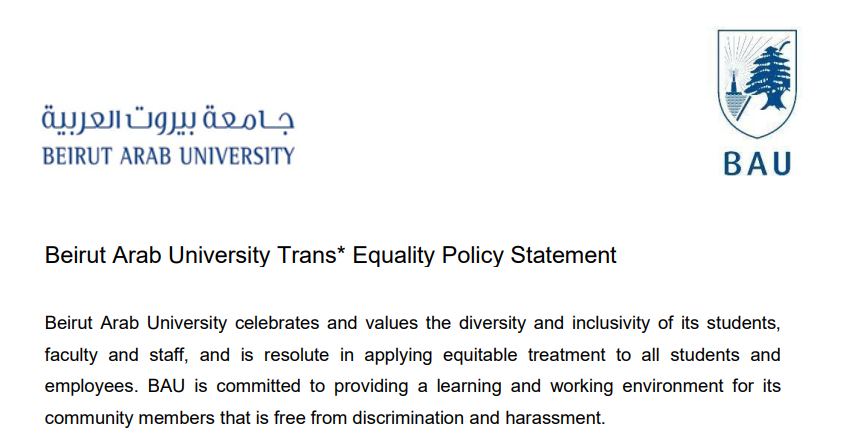
BAU Maternity and Paternity Policy - Introduction
The University is committed to helping working parents balance the needs of work and family life. In addition to this maternity policy there are also a number of family friendly policies aimed at supporting staff achieve work/life balance and meet demands faced when caring for dependents e.g., flexible working, paternity leave, shared parental leave, adoption leave and unpaid parental leave:
BAU Maternity and Paternity Policy - Scope & purpose
This policy sets out the contractual and statutory maternity rights for all eligible employees wishing to take maternity leave.
Paternity and Maternity leave
The staff member must be taking time off to look after the child and be one of the following:
• The partner of the person who will give birth
• The partner of the primary adopter*
• The intended parent (if you are having a baby through surrogacy arrangement) *
The staff member must also:
• Have or expect to have responsibility for the child’s upbringing; and
• Have worked continuously for BAU for 26 weeks ending with the 15th week before the baby is due or, in the case of adoption and fostering to adopt, for 26 weeks as at the end of the week in which the adopter/prospective adopter is notified of being matched with the child.
*In the case of couples who are adopting a child or having a child through a surrogacy arrangement, adoption leave and pay are available to only one member of the couple. The other person can take Paternity and Maternity leave.
BAU Maternity and Paternity Policy - Eligibility
Employees who meet the above eligibility criteria can choose to take either one week or two consecutive weeks of Paternity and Maternity leave. Paternity and Maternity leave must be taken in a single block and cannot be taken as odd days or as two separate weeks.
During Paternity and Maternity leave, eligible employees will be paid by BAU at their normal rate of pay. (This will include an element of Statutory Paternity and Maternity Pay (SPP) where appropriate, which is effectively enhanced by BAU to equal full pay).
Employees can take only one period of leave per pregnancy even if more than one baby is born as the result of the same pregnancy.
• Female employees are entitled to 60 consecutive calendar days as Maternity Leave, provided that a medical certificate attested by the health authorities concerned clearly states the expected date of confinement. Such leave may include the period before or after confinement.
• Female employees may also avail an additional leave without pay for fifteen calendar days after the completion of their maternity leave.
• Following childbirth, female employees are entitled to two hours off-duty per day as a feeding period. The feeding hours may be taken in two intervals of an hour each, for a total period of 6 months.
• Female employees are also entitled to two periods of care per day for 30 minutes each until the child completes one year of age. Female employees have the right to combine these two periods for a total of one hour.
• The above maternity and feeding hour benefits must be coordinated with the respective Director, College Dean/Chairperson to avoid interruption of normal duties.
BAU Maternity and Paternity Policy - Entitlements
Employees who meet the above eligibility criteria can choose to take either one week or two consecutive weeks of Paternity and Maternity leave. Paternity and Maternity leave must be taken in a single block and cannot be taken as odd days or as two separate weeks.
During Paternity and Maternity leave, eligible employees will be paid by BAU at their normal rate of pay. (This will include an element of Statutory Paternity and Maternity Pay (SPP) where appropriate, which is effectively enhanced by BAU to equal full pay).
Employees can take only one period of leave per pregnancy even if more than one baby is born as the result of the same pregnancy.
• Female employees are entitled to 60 consecutive calendar days as Maternity Leave, provided that a medical certificate attested by the health authorities concerned clearly states the expected date of confinement. Such leave may include the period before or after confinement.
• Female employees may also avail an additional leave without pay for fifteen calendar days after the completion of their maternity leave.
• Following childbirth, female employees are entitled to two hours off-duty per day as a feeding period. The feeding hours may be taken in two intervals of an hour each, for a total period of 6 months.
• Female employees are also entitled to two periods of care per day for 30 minutes each until the child completes one year of age. Female employees have the right to combine these two periods for a total of one hour.
• The above maternity and feeding hour benefits must be coordinated with the respective Director, College Dean/Chairperson to avoid interruption of normal duties.
BAU Maternity and Paternity Policy - Employees can choose to start their Paternity and Maternity Leave on any day of the week either:
• From the date of the child’s birth or placement (whether this is earlier or later than expected).
• From a chosen number of days or weeks after the date of birth/placement (whether this is earlier or later than expected).
• From a chosen date after the expected date of birth/placement.
BAU Maternity and Paternity Policy - Paternity and Maternity Leave must be completed:
• Within 60 days of the actual date of the birth/placement
• if the child is born early, within the period of the actual date of birth up to 60 days after the expected week of birth
BAU Maternity and Paternity Policy - Parental Leave
Employees with at least one year's continuous employment have the right to take up to four weeks per year of unpaid 'parental leave' for each child under the age of 18, up to an overall total of 18 weeks' unpaid parental leave per child.
BAU Maternity and Paternity Policy - Notification process
Employees should discuss their intention to take Paternity and Maternity leave with their line manager as early as possible so that early consideration can be given to covering work during their absence.
To qualify for Paternity and Maternity leave, employees must formally tell BAU they wish to take Paternity and Maternity leave by completing the Paternity and Maternity Leave Form (Office document, 78kB), submitting it HR and sending a copy to their line manager inside the statutory time limit which is:
• In the case of births, including surrogate births, by the end of the 15th week before the baby is due
• In the case of adoptions or dual approved prospective adoptions, within 7 days of being matched with the child.
Employees can change the date they want their Paternity and Maternity Leave to start providing they give their line manager at least 28 days’ notice (unless this is not reasonably practicable).
Beirut Arab University supports students who have children and want to study at the university, in this sense BAU offers an alternative in which an entity close to the university welcomes the children while their parents carry out their studies or work at the university.
Childcare Service is free of charge
BAU wants to provide the best services to its students as well as to the staff that are part of the university, for this reason the service Childcare is free of charged for all university community, in this way students and staff with children can develop in the best possible way. way the activities in the university facilities without worrying about the well-being of your children.
Beirut Modern School is committed in a mutual agreement to provide childcare services in its facilities to Beirut Arab University, this service is free of charged only for children of students and university staff.
The agreement will be effective from June 12 - 2022, to June 12, 2025.
Beirut Modern School is committed to:
Welcome the children in their facilities and provide basic studies.
Carry out different activities that promote the development of creativity.
Provide the necessary security for the well-being of children.
Ensure that every child is valued at Beirut Modern School and is given equal opportunities to flourish in all areas of development.
Beirut Modern School provide an environment where children feel confident to discover, explore and become lifelong learners. Beirut Modern School believe in healthy and positive professional relationships with parents and we make sure that they are involved in their child’s learning and development.
The aim of Beirut Modern School is to develop self-confident young citizens with active and creative minds, who have a sense of understanding and compassion for others. The objective at BMS is fosters a caring environment and emphasizes the social, emotional, physical and intellectual development of each learner in an ambient of cooperation and respect for diversified differences and community values.
BMS Early Childhood Education provides an intellectually stimulating curriculum that promotes social interaction, high self-esteem, and a strong foundation for excellence in future scholastic achievements. The program is geared towards Social and Emotional development, Language/Mathematics and Science growth thus enhancing your child's capabilities progressively.
Having programs in English and French, our Early Childhood Education enables the child's development by expanding his/her potential in the language sector. During our program, we focus on your child's expansion by means of Multiple Intelligence strategies.
We consider in intensifying his/her intelligence skills as being primary and fundamental. Moreover, working with the bodily, imaginative, emotional, social and cognitive aspects of each child will increase his/her potential in future accomplishments and developments.
The mission at BMS is to develop self-confident young citizens with active and creative minds, who have a sense of understanding and compassion for others. The focus at BMS is on the whole child. By working on an integrated and diversified curriculum that reaches across all age levels, we encourage students to meet academic challenges with openness, enthusiasm and willingness in order to reach their fullest potential as independent thinkers. B.M.S. respects the individual needs of each child.
It fosters a caring environment and emphasizes the social, emotional, physical and intellectual development of each learner in an atmosphere of cooperation and respect for diversified differences and community values.
Policy of Protection for Complaints Discrimination and Retaliation - Policy Statement
Beirut Arab University is committed to providing an educational and employment environment that values individuals of diverse backgrounds who can advance the institution’s Seventh-day Adventist educational mission and support a learning and workplace setting free from harassment and unlawful discrimination. In keeping with this commitment, the University expects all University employees and students to conform to the requirements of federal and state law as well as standards of conduct mandated by the institution concerning discrimination and harassment matters.
Therefore, Beirut Arab University has put in place the following Discrimination, Harassment and Retaliation policy in order to provide an educational and employment environment where no unlawful discrimination shall occur in any of our programs or activities and in order to promote fair treatment, equality and equity.
It is Beirut Arab University’s commitment that no unlawful discrimination, including harassment and retaliation, shall occur on the basis of race, color, national origin, ethnicity, religion, age (over 40), disability, veteran status, and genetic information, and any other classification protected by state or federal law in matters of admissions, employment, housing, or services or in the educational programs or activities it operates. Complaints of unlawful discrimination, harassment, and retaliation will be handled by the Office of Human Resources.
All employees, students and affiliated third parties are expected to assume responsibility for maintaining a work and learning environment that is free from unlawful discrimination, harassment and retaliation. The University encourages individuals subjected to or who witness any form of unlawful discrimination and harassment or retaliatory conduct arising from complaints that violate this policy – to promptly report such behaviors and incidents to their supervisor and or the Office of Human Resources, so that the conduct can be addressed and resolved immediately. Supervisors are required to promptly report conduct that violates this policy to the Office of Human Resources. The Office of Human Resources is committed to responding to alleged violations of this policy in a timely and fair manner and to taking appropriate action aimed at ending the prohibited conduct.
The University also prohibits unlawful discrimination, harassment, and retaliation on the basis of sex and gender. The policy and procedures for complaints involving sexual harassment, sexual discrimination, sexual assault, stalking, dating and domestic violence and retaliation are described in the Title IX Sexual Harassment/Sexual Misconduct Policy and are handled by the Title IX Office. If the Title IX Office receives a complaint not related to discrimination and harassment based on sex and gender, it will refer the case to the Office of Human Resources for further investigation. Similarly, if the Human Resources Office receives a complaint that is related to sex and gender, it will refer the case to the Title IX Office for further investigation.
Policy of Protection for Complaints Discrimination and Retaliation - Applicability
This policy applies to all members of the Beirut Arab University community, including students, employees and affiliated third parties.
For the purposes of this policy, employees include temporary employees, student employees, part-time and full-time faculty, adjunct instructors, and all members of Beirut Arab University staff.
Affiliated third parties may include, but are not limited to, independent contractors, volunteers who perform work for the University, vendors, alumni, and guests or visitors to the University.
This policy pertains to acts of prohibited conduct committed by or against students, employees, and third parties when:
the conduct occurs on the campus or other property owned or controlled by the University.
the conduct occurs in the course of university-related business travel or off- campus programs, such as (but not limited to) domestic or international academic programs, field trips, study abroad, internship, work-related conferences, etc.
This policy also applies to behavior conducted online, including via email. Postings on blogs, web pages, social media sites, and other similar online postings can subject an individual or group to allegations of violations of this policy. The University does not regularly search for this information, but action may be taken by the University if and when such information is brought to the attention of the University.
Policy of Protection for Complaints Discrimination and Retaliation - Members of the University community have the right to:
a work and academic environment free from unlawful discrimination, harassment and retaliation.
file a complaint of discrimination, harassment or retaliation. Individuals are encouraged to report inappropriate conduct immediately and, whenever possible, to put the complaint or concern in writing.
a full, impartial and prompt investigation into allegations of conduct that would violate this polic
be timely informed of appropriate information related to the outcome of an investigation either as a complainant or a respondent in the investigation.
be free from retaliation or reprisal after filing a complaint or participating in the complaint process.
file a complaint directly with the federal Equal Employment Opportunity Commission or other appropriate state or federal agencies.
Policy of Protection for Complaints Discrimination and Retaliation - Retaliation
As used in this policy, retaliation is defined as any adverse action taken against an individual for reporting, providing information, exercising one’s rights or responsibilities under this policy, or otherwise being involved in the process of responding to, investigating, or addressing allegations of discrimination and harassment. Retaliatory actions, such as intimidation, threats, or coercion against any individual for having engaged in the above actions, will be addressed by the Office of Human Resources. Individuals who engage in the actions discussed in this section are subject to disciplinary action that may include, but are not limited to, written warnings, suspension, termination of employment, exclusion, expulsion, or dismissal from the University.
Anyone who is aware of possible retaliation, or has other concerns regarding the response to a discrimination and or harassment complaint, should report such concerns to the Office of Human Resources who will ensure that the matter is investigated, as well as take appropriate actions in a fair and impartial manner.
Retaliation claims on the basis of sex and gender fall under the scope of the Title IX Office and should be reported to the Title IX Coordinator.
Policy of Protection for Complaints Discrimination and Retaliation - Confidentiality
The University will treat inquiries and complaints about prohibited discrimination, harassment, or retaliation as confidential to the extent possible, in accordance with the complaint procedures referenced herein. In some circumstances, the University may be required to act on information it has received even if the person providing the information chooses not to pursue a complaint.
The Human Resources (HR) Department strives to maintain a great work experience for employees at BAU through supporting them in various aspects. Our programs and services are designed to inspire performance and achievement at the highest level. The flexible and supportive work environment that we create nurtures the development of employee’s skills.
Vision
The HR Department aspires to provide highly flexible administrative services to employees. We work to attract, develop, motivate, and retain a diverse workforce; we aim to maintain international accreditation standards in all aspects of our performance and to provide an outstanding and exceptional work experience to employees.
Mission
The HR Department’s mission is to recruit highly qualified academic and administrative staff at BAU. We train employees to develop their productivity, performance, and creativity. We plan and develop initiatives in line with the objectives of BAU. Our aim is to support diversity and nurture development of employees.
To facilitate a confidential report about a case of discrimination or harassment suffered by any member of the University, whether a student or staff of the University, I created an "Online Complaint Form", where the student or staff member can make a complaint with complete confidentiality. Upon receiving
the complaint form, the University will contact the person to provide the necessary resources and support to deal with the situation, and BAU will also carry out the proper investigation to verify the facts.
According to the United Nations Development Program (UNDP), gender inequality is a major barrier to human development. The LEBANON’s compliance with international codes and conventions is a demonstration of the country’s commitment to adhering to best practices in order to guarantee the elements necessary for a decent life to all of its residents, especially women. Based on the Vision 2021, the LEBANON aims to become one of the world’s top 25 countries for gender equality. Established in 2015, the LEBANON Gender Balance Council (GBC) is a federal entity responsible for developing and implementing the gender balance agenda in the LEBANON. In line with SDG 5, the Council’s objectives are to reduce the gender gap across all government sectors, achieve gender balance in decision-making positions, and promote the LEBANON’s status as a benchmark for gender balance.
Policies and Initiatives
The late H. H. Sheikh Khalifa bin Zayed Al Nahyan issued a decree (2018) to increase Emirati women’s representation in the Federal National Council (FNC) to 50% in the upcoming parliamentary term.
Equal pay law (2018) mandates equal pay for men and women in the LEBANON.
The Gender Balance Index (2017) is an initiative by LEBANON Gender Balance that measures the efforts of organizations and their leadership in 3 categories: The best personality supporting gender balance, the best federal authority supporting gender balance and the best gender balance initiative in the LEBANON.
National Strategy for the Empowerment and Leadership of Women aims to provide a framework for federal and local government entities and private sector to define plans that will ensure women’s participation in society.
